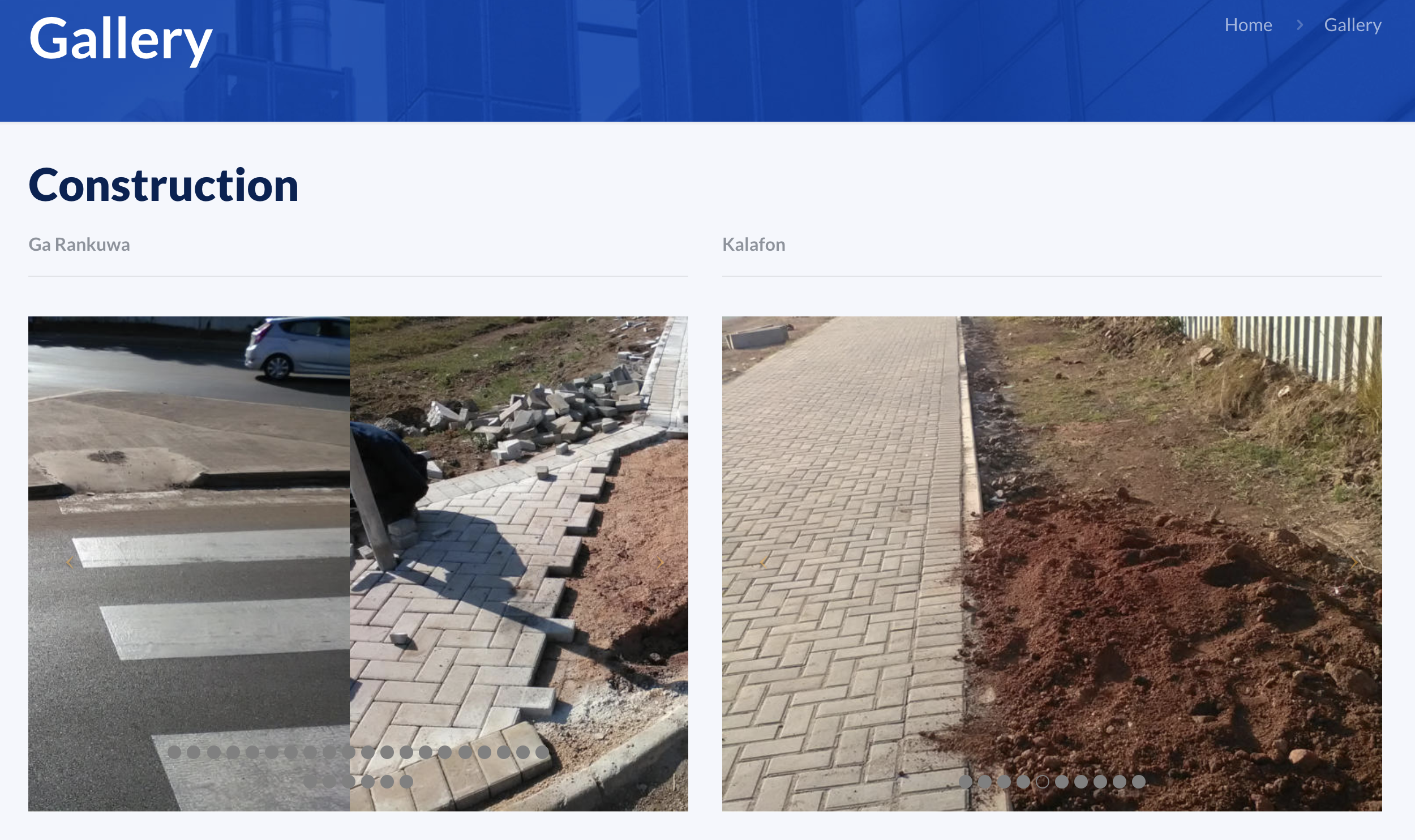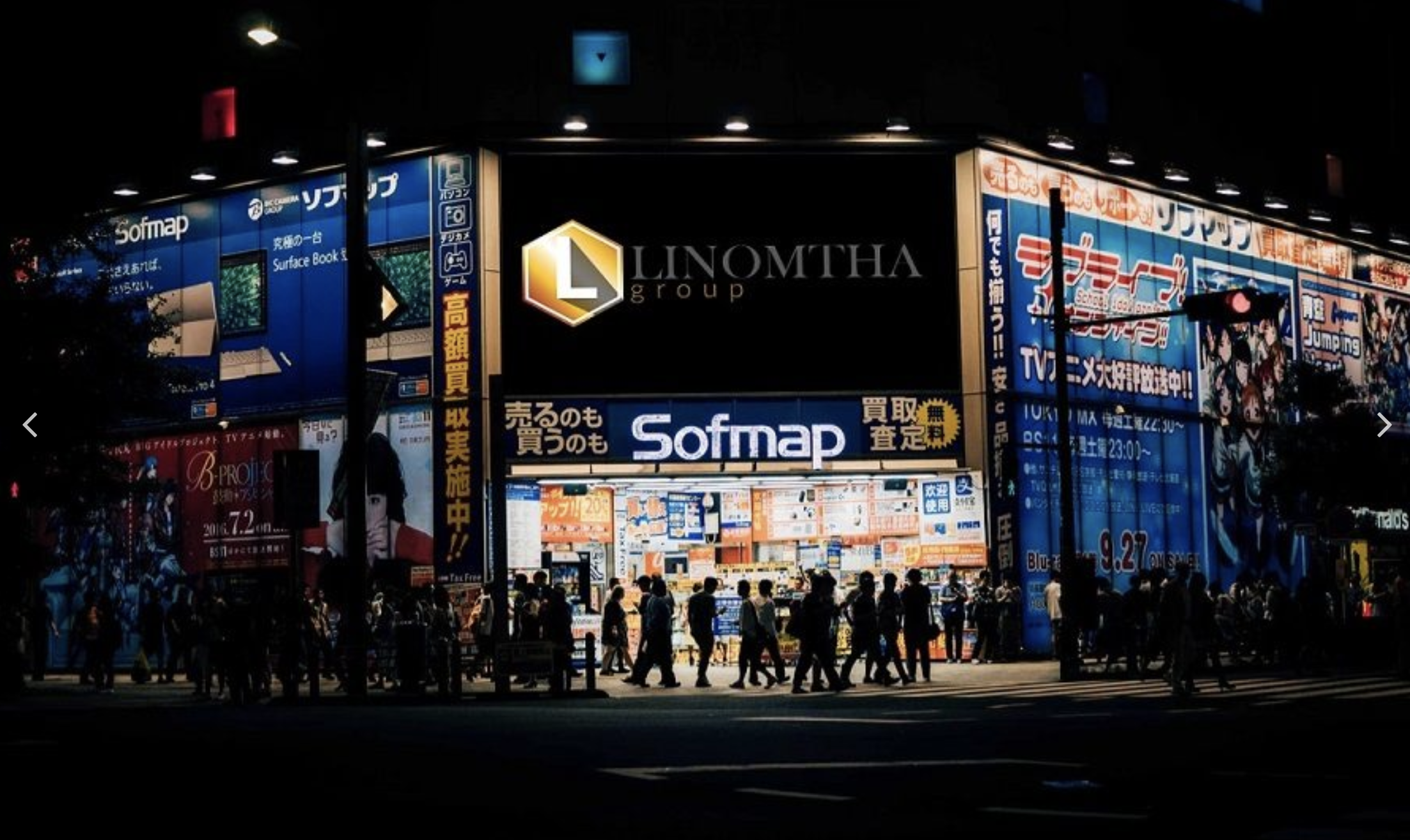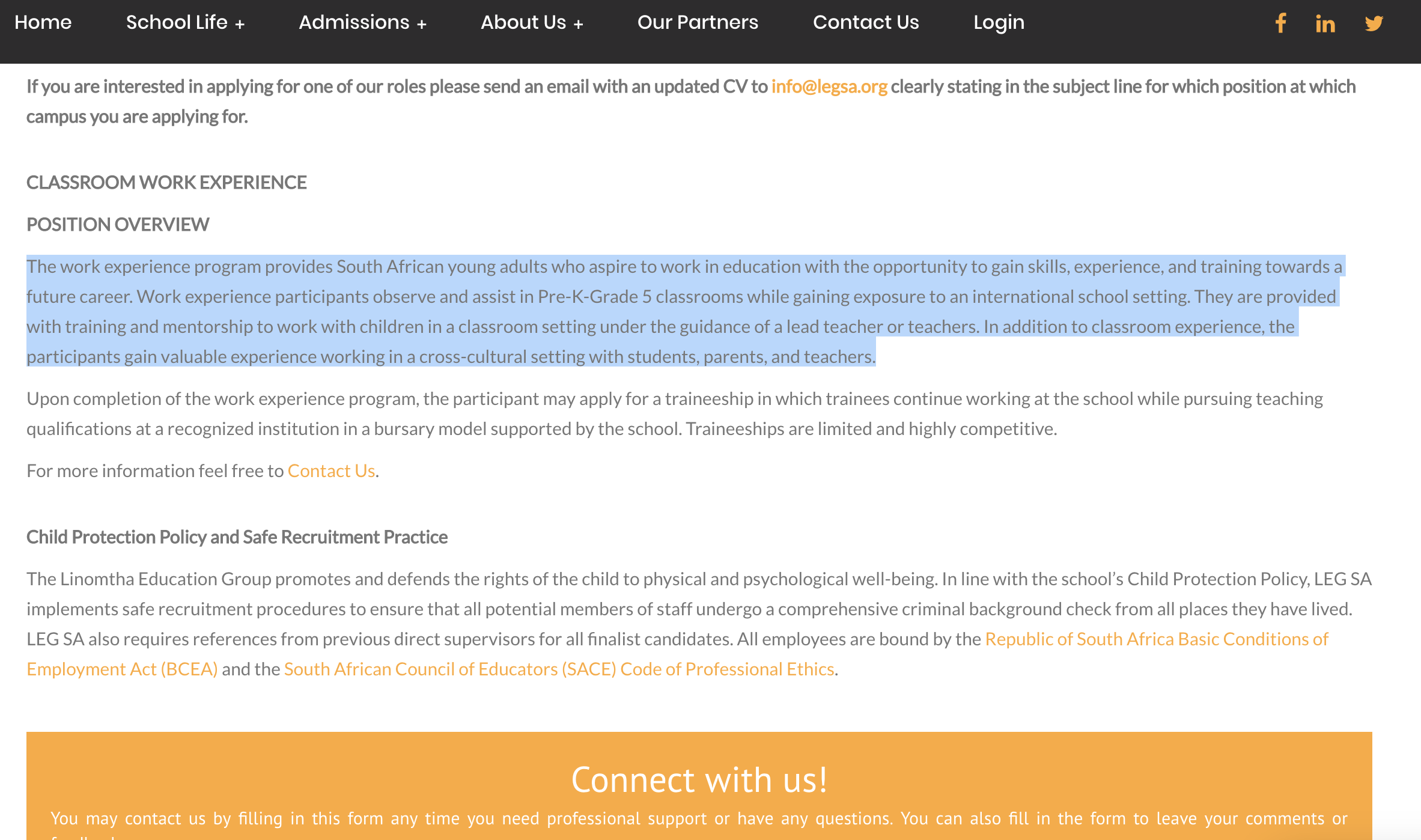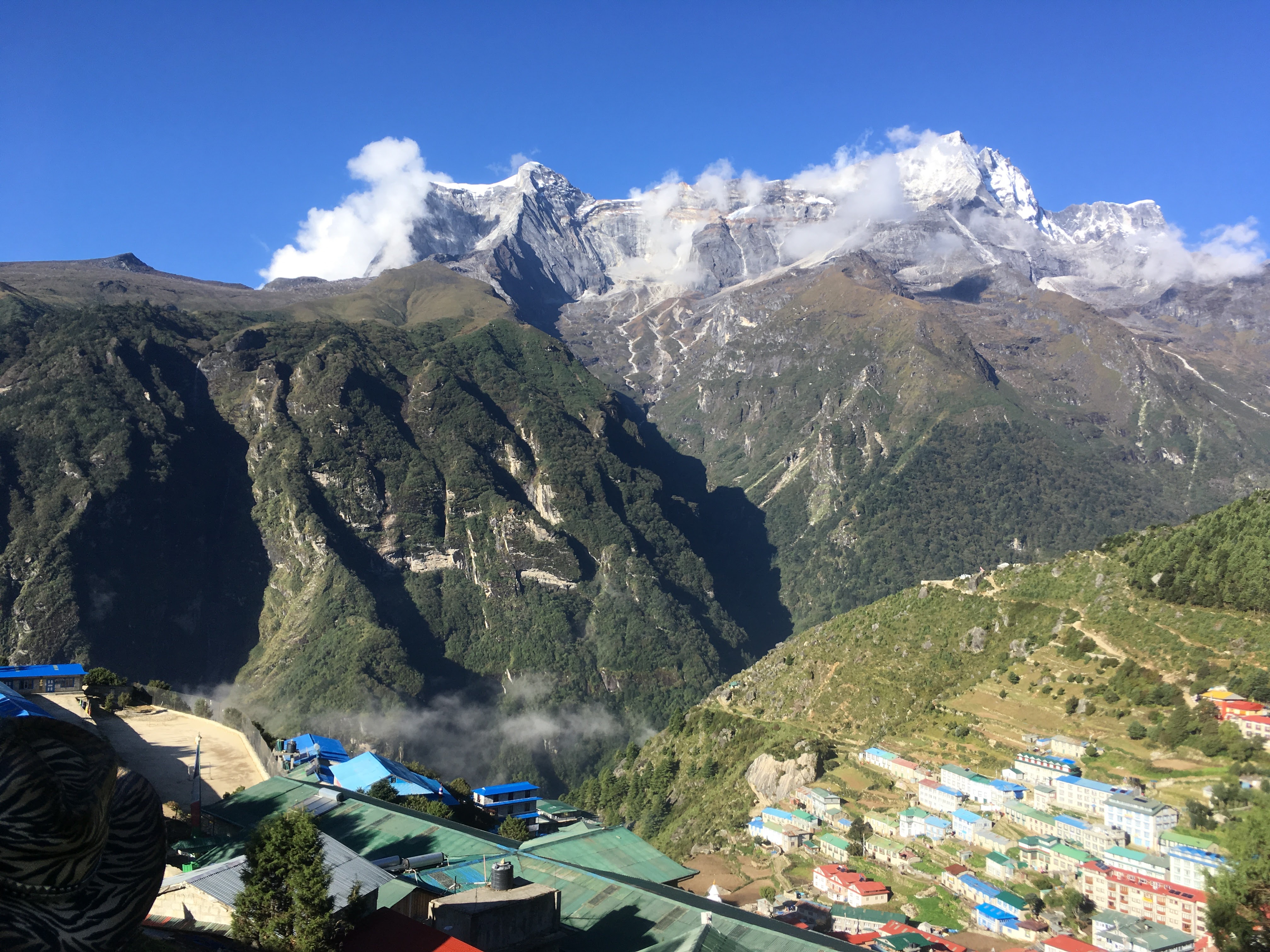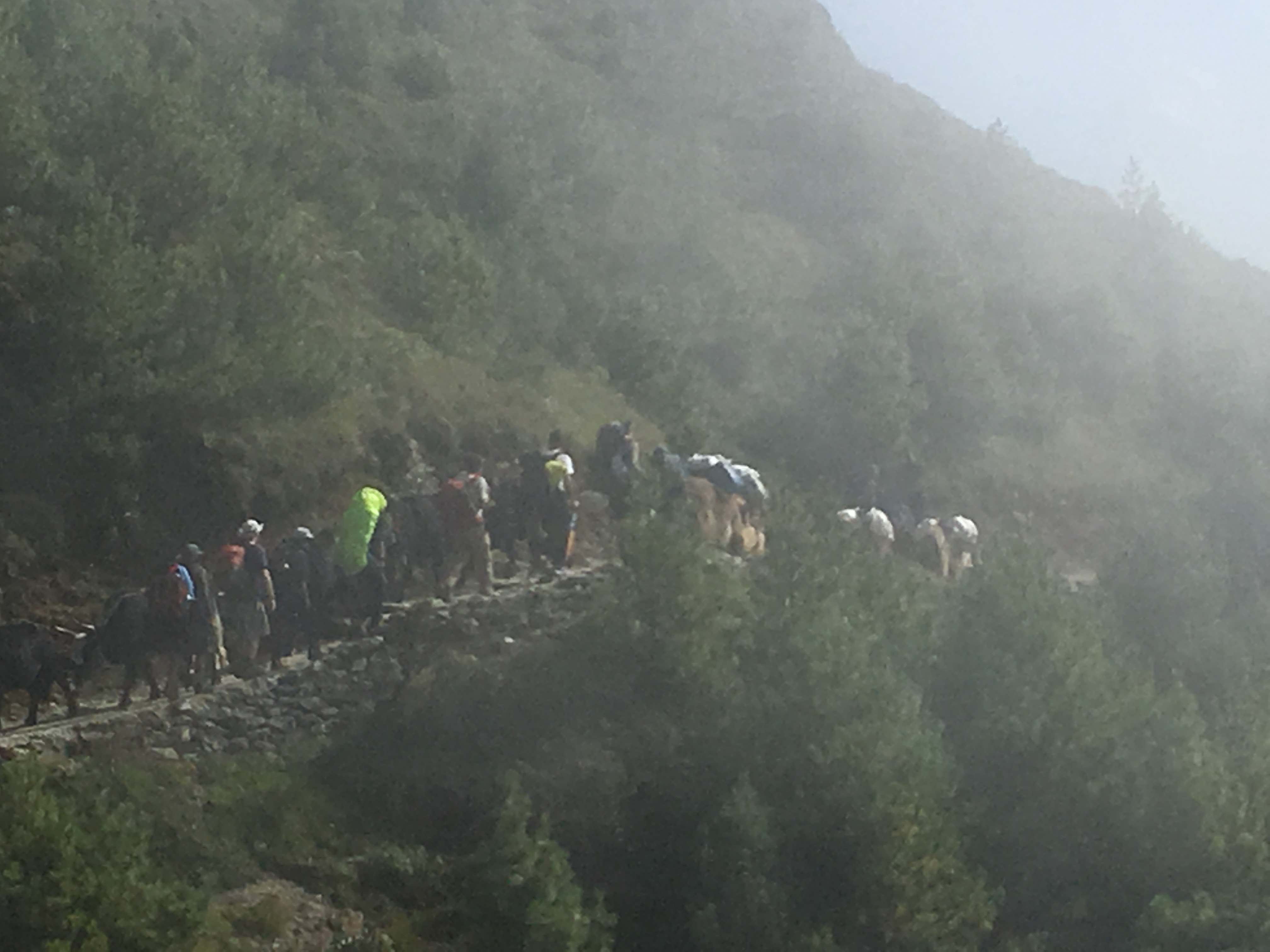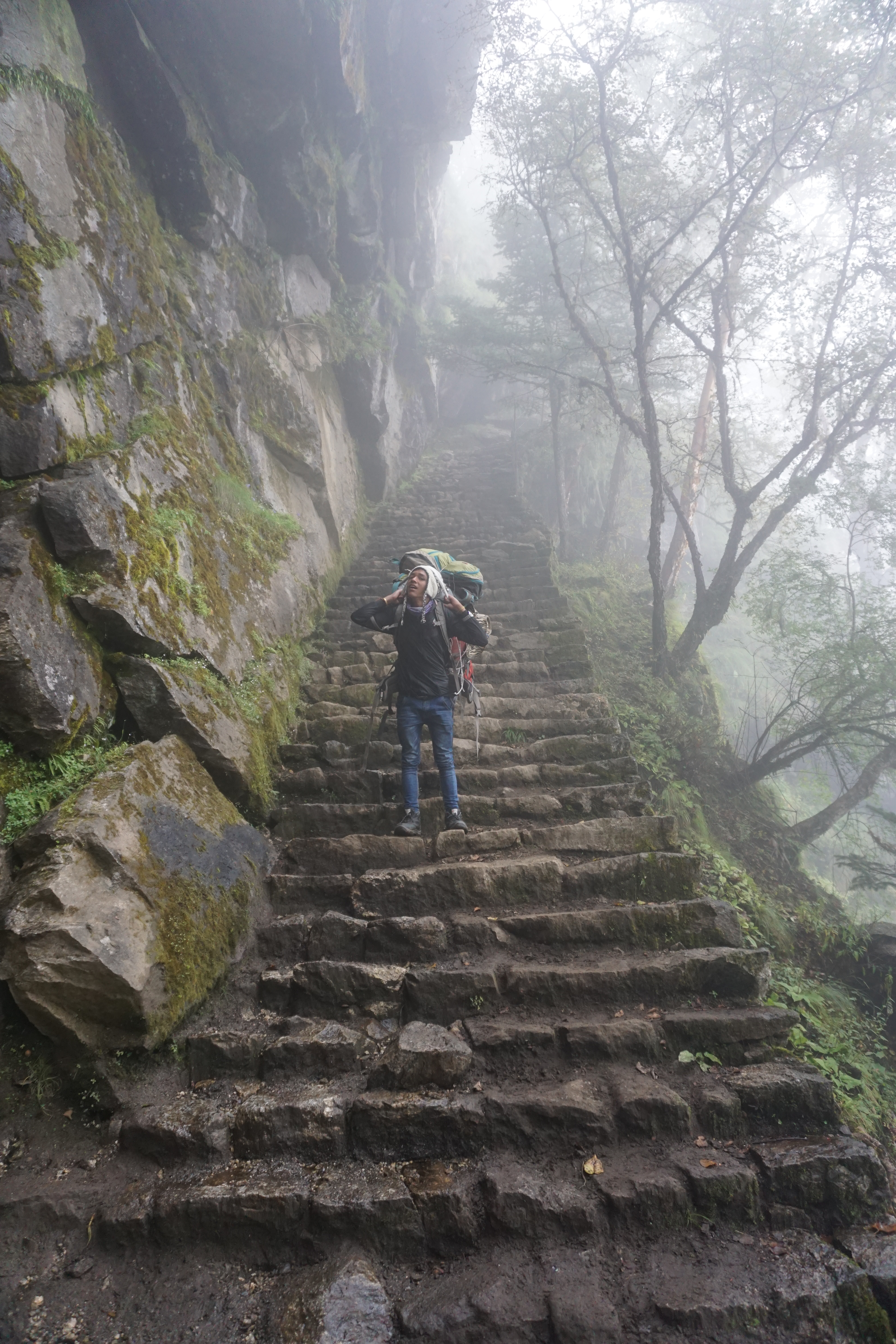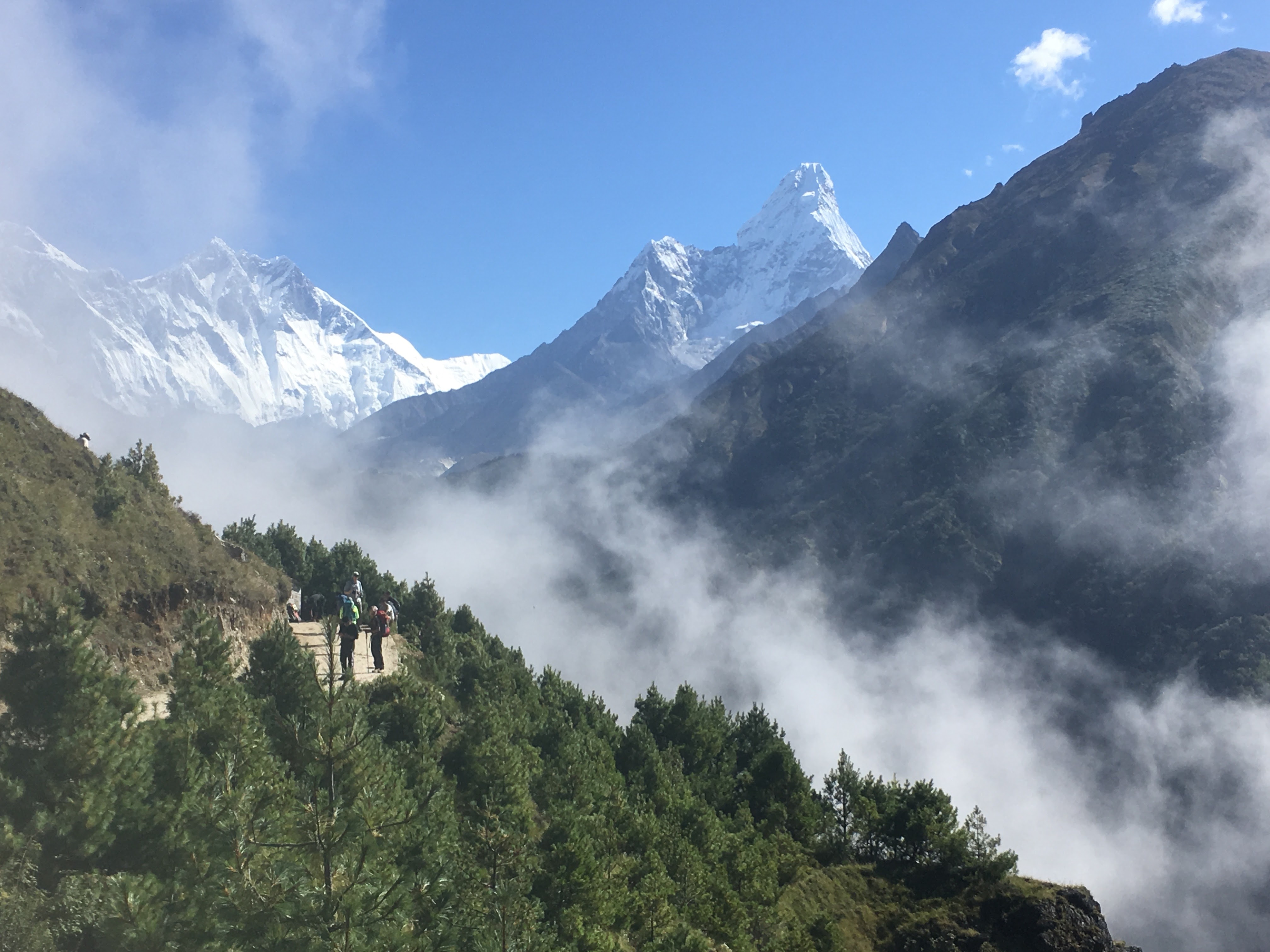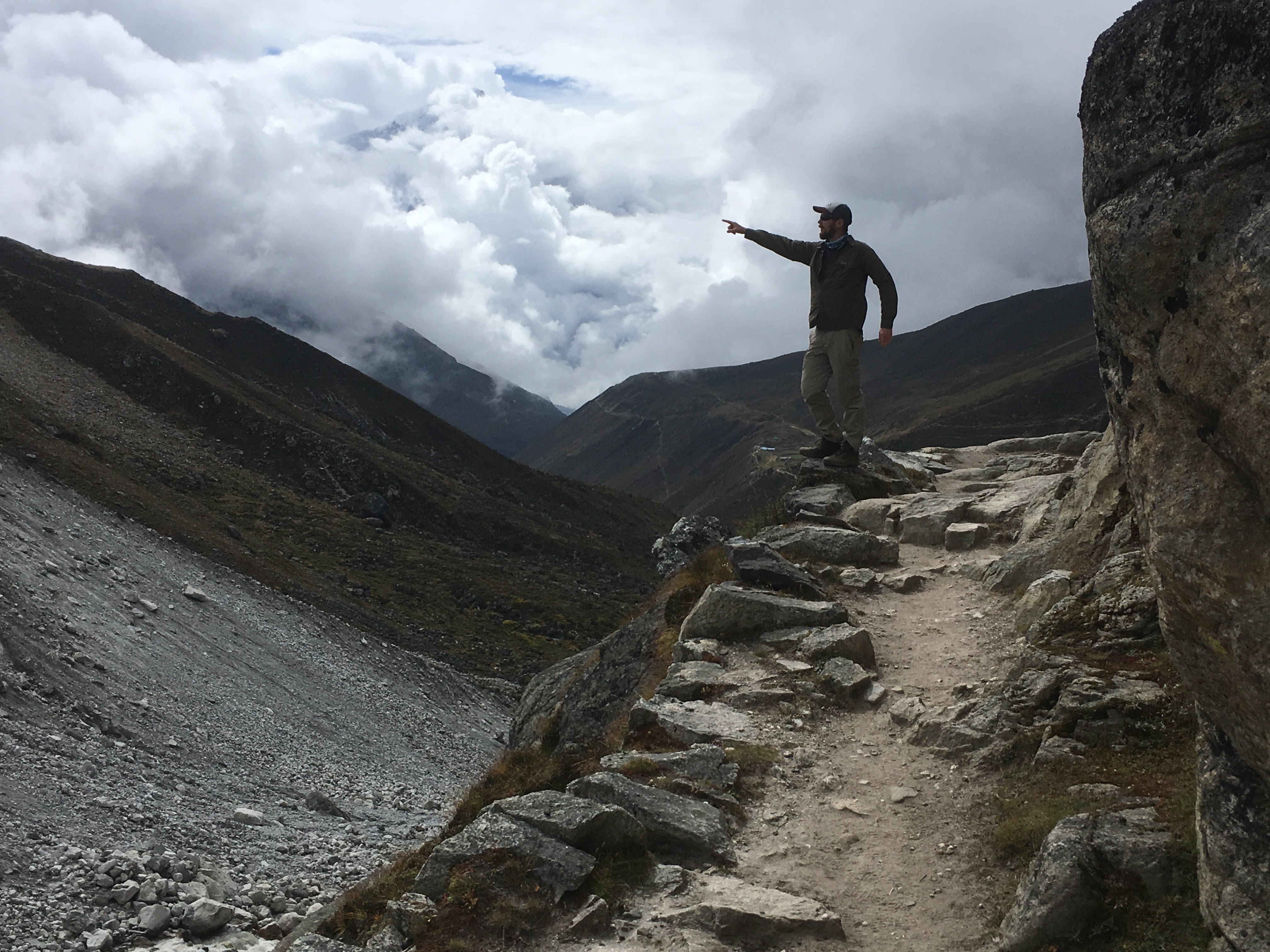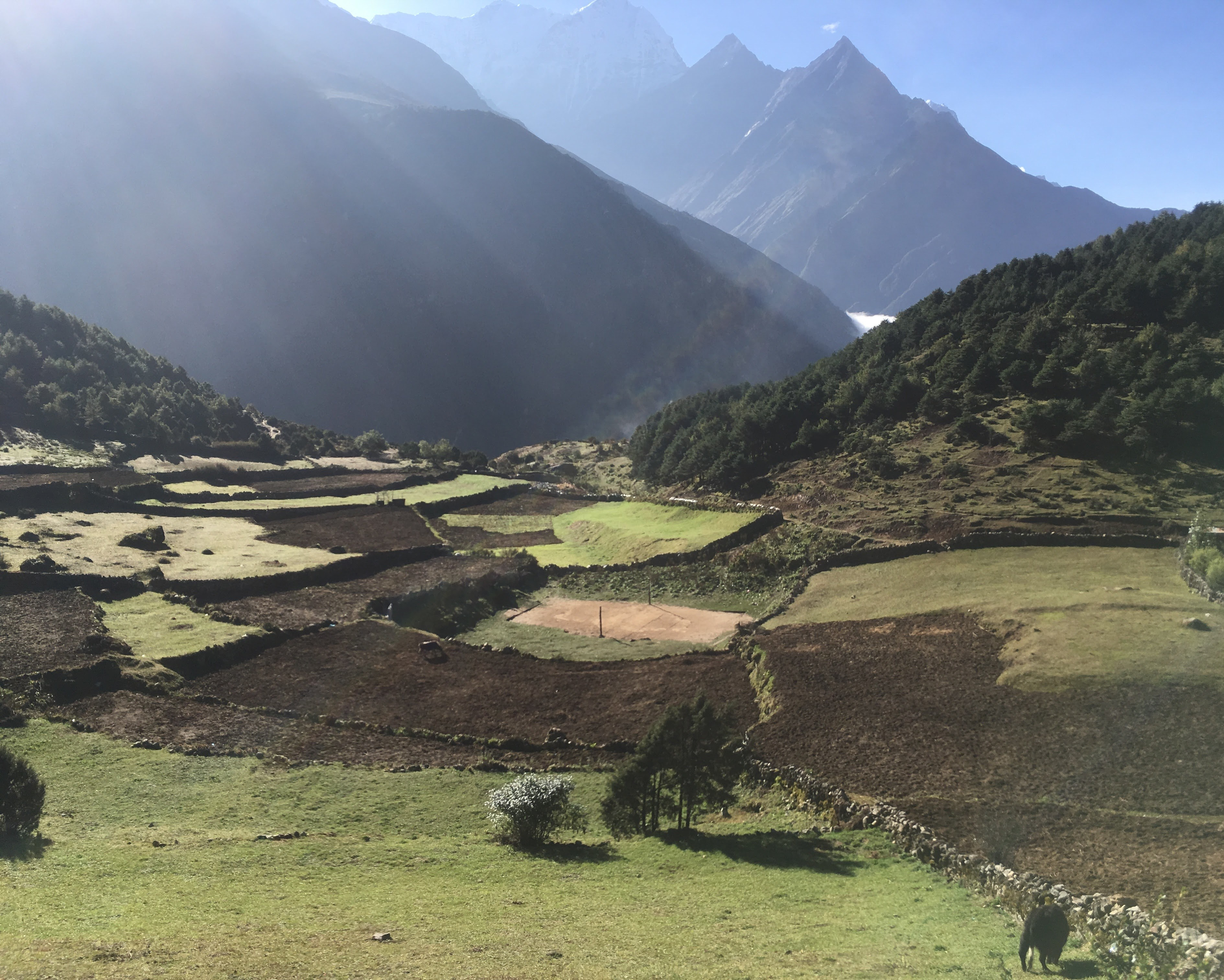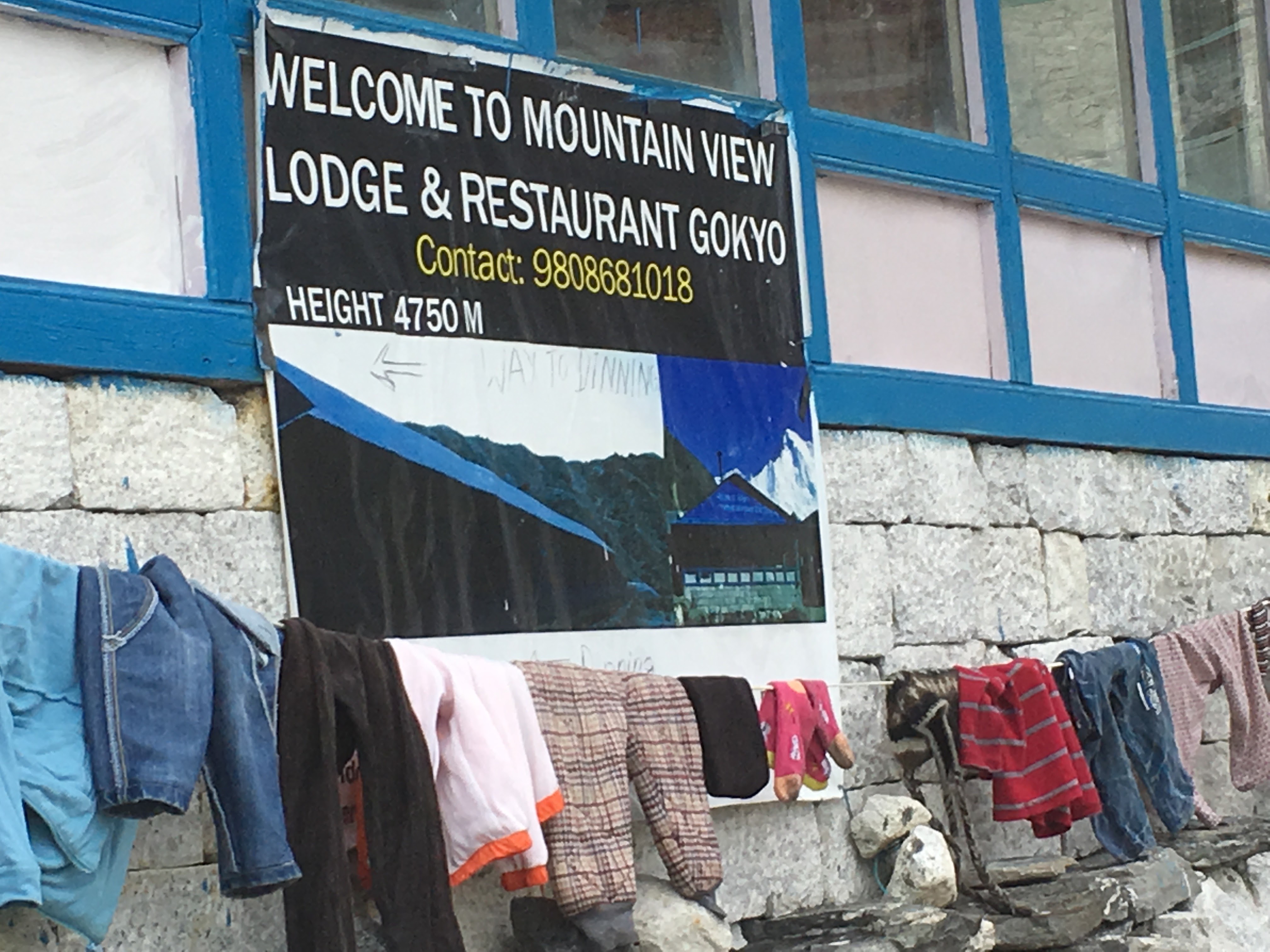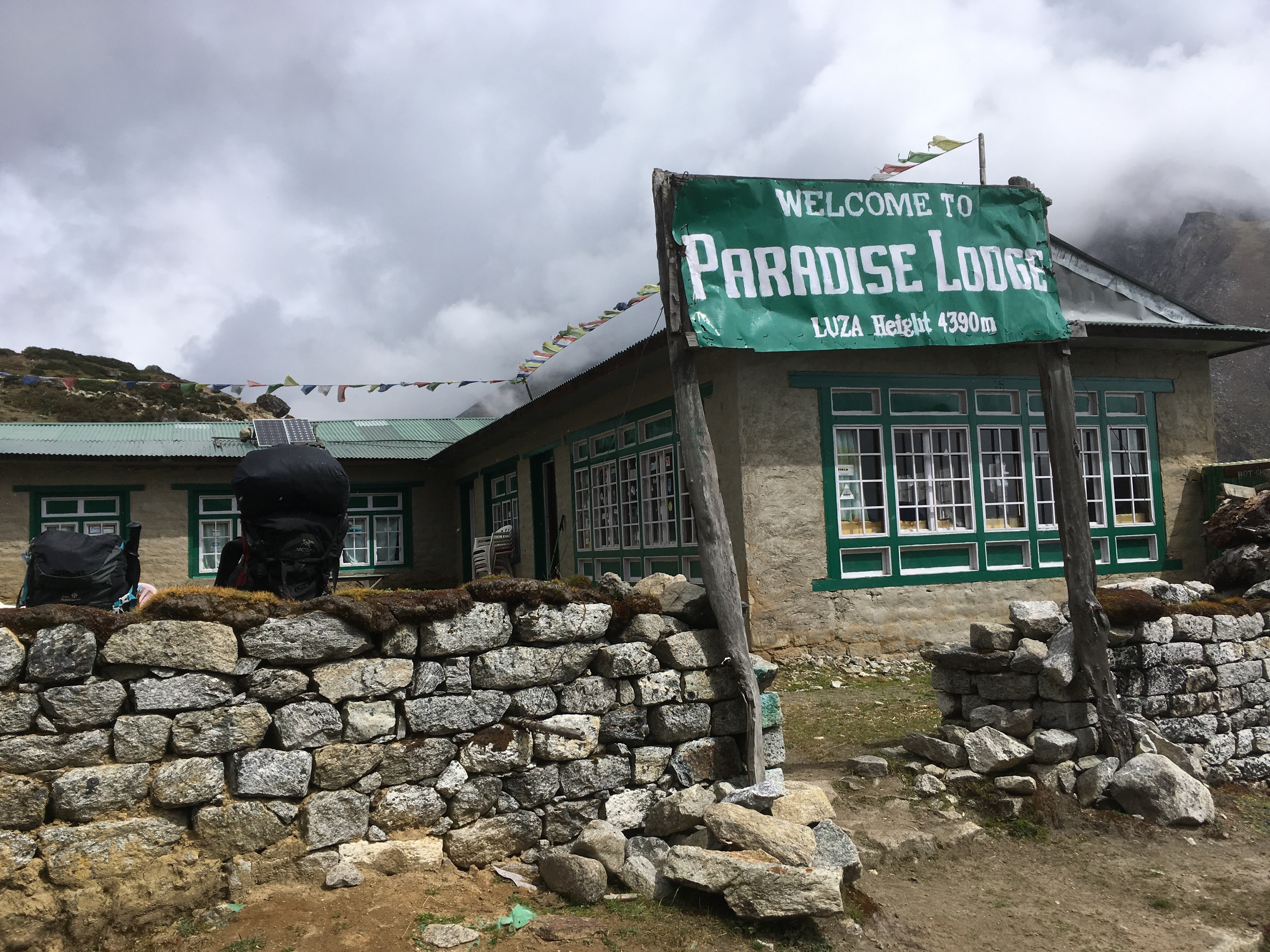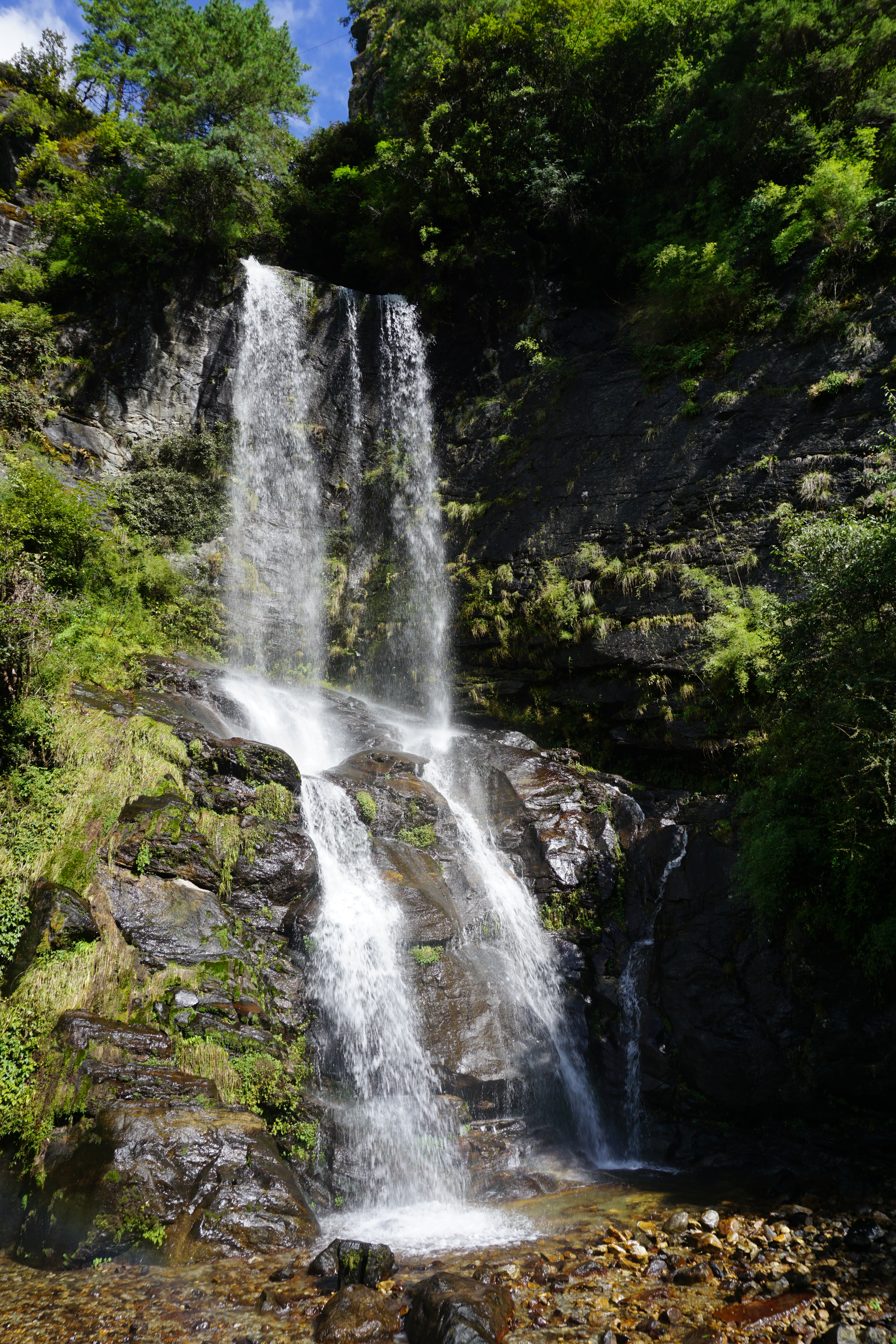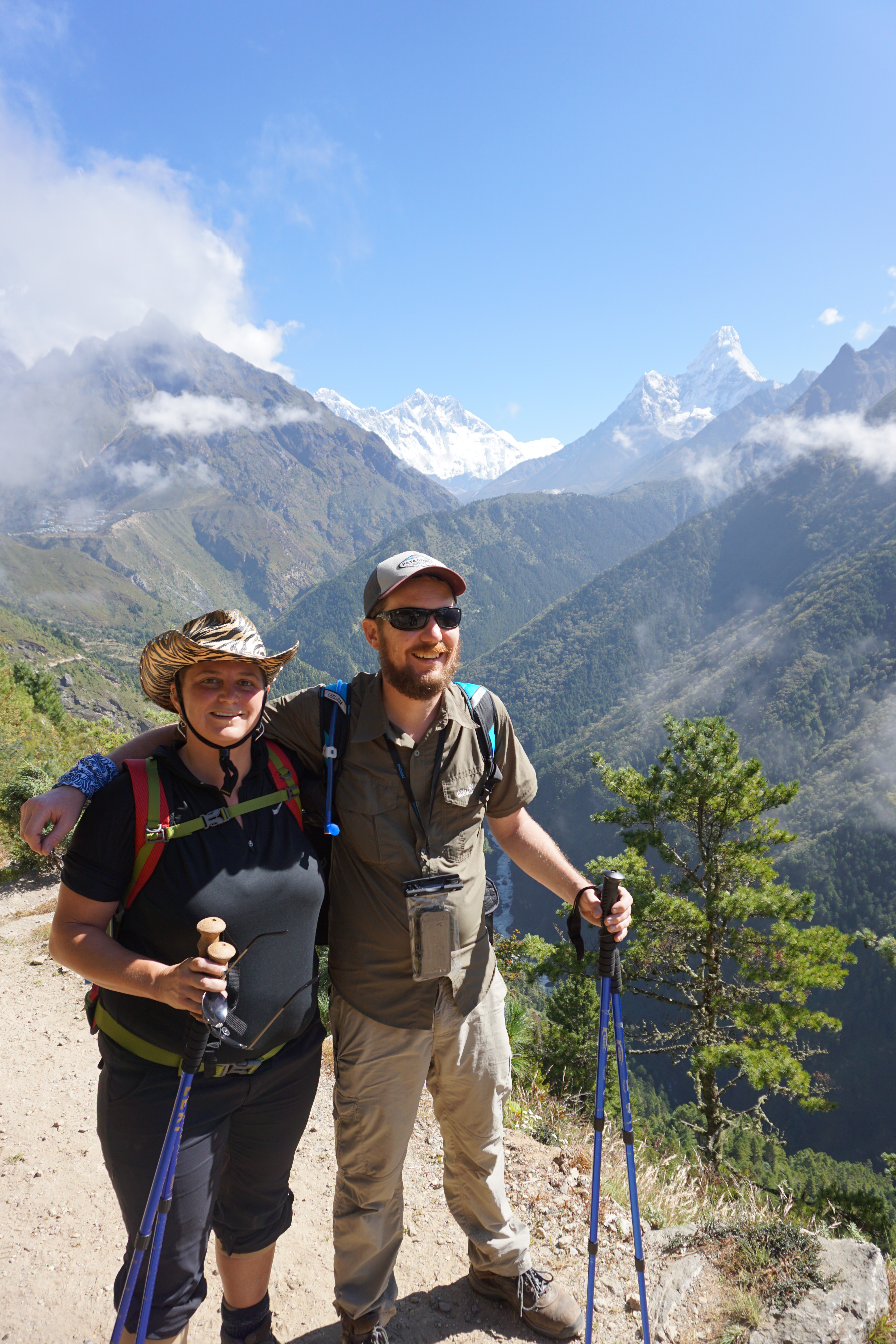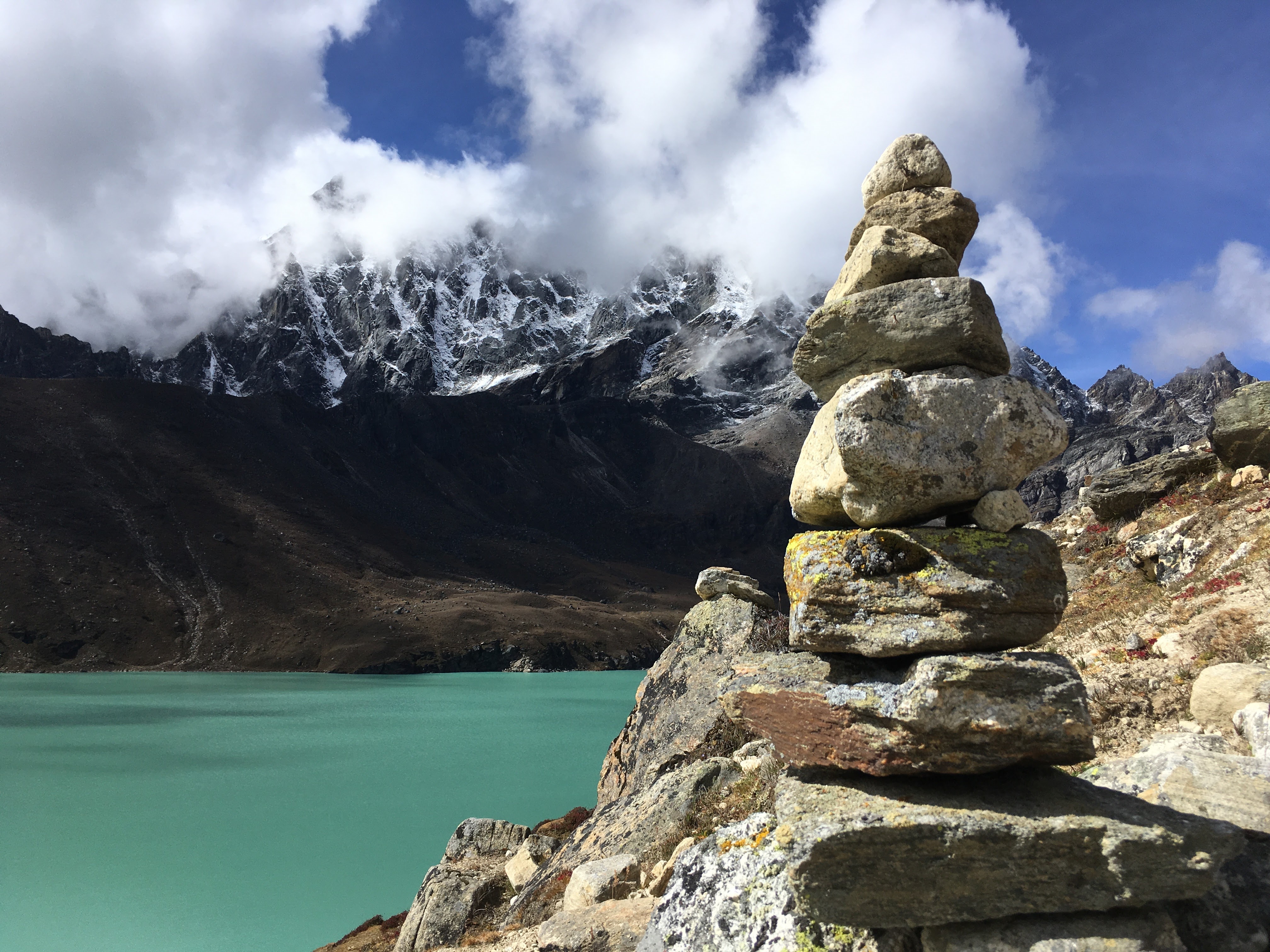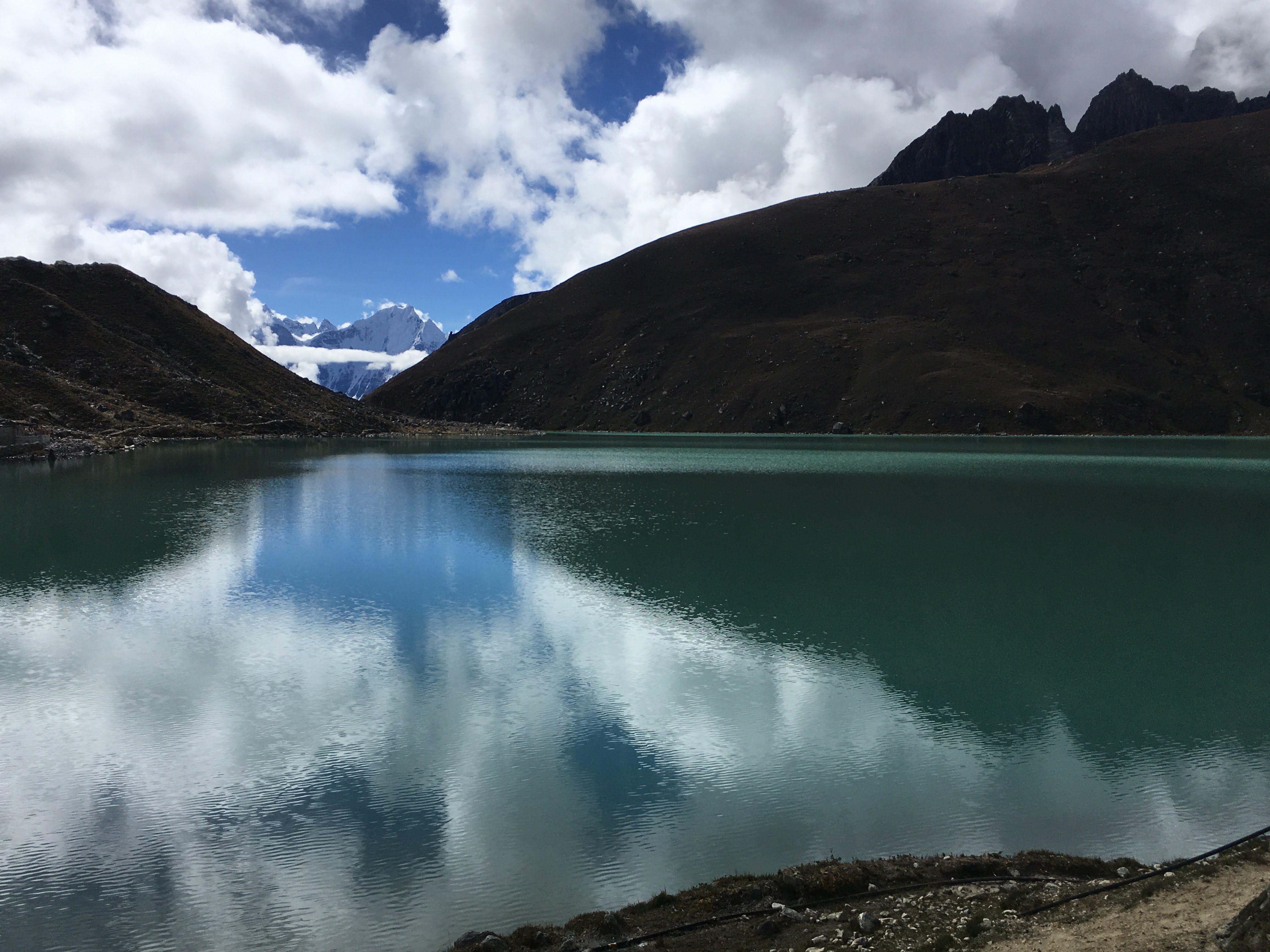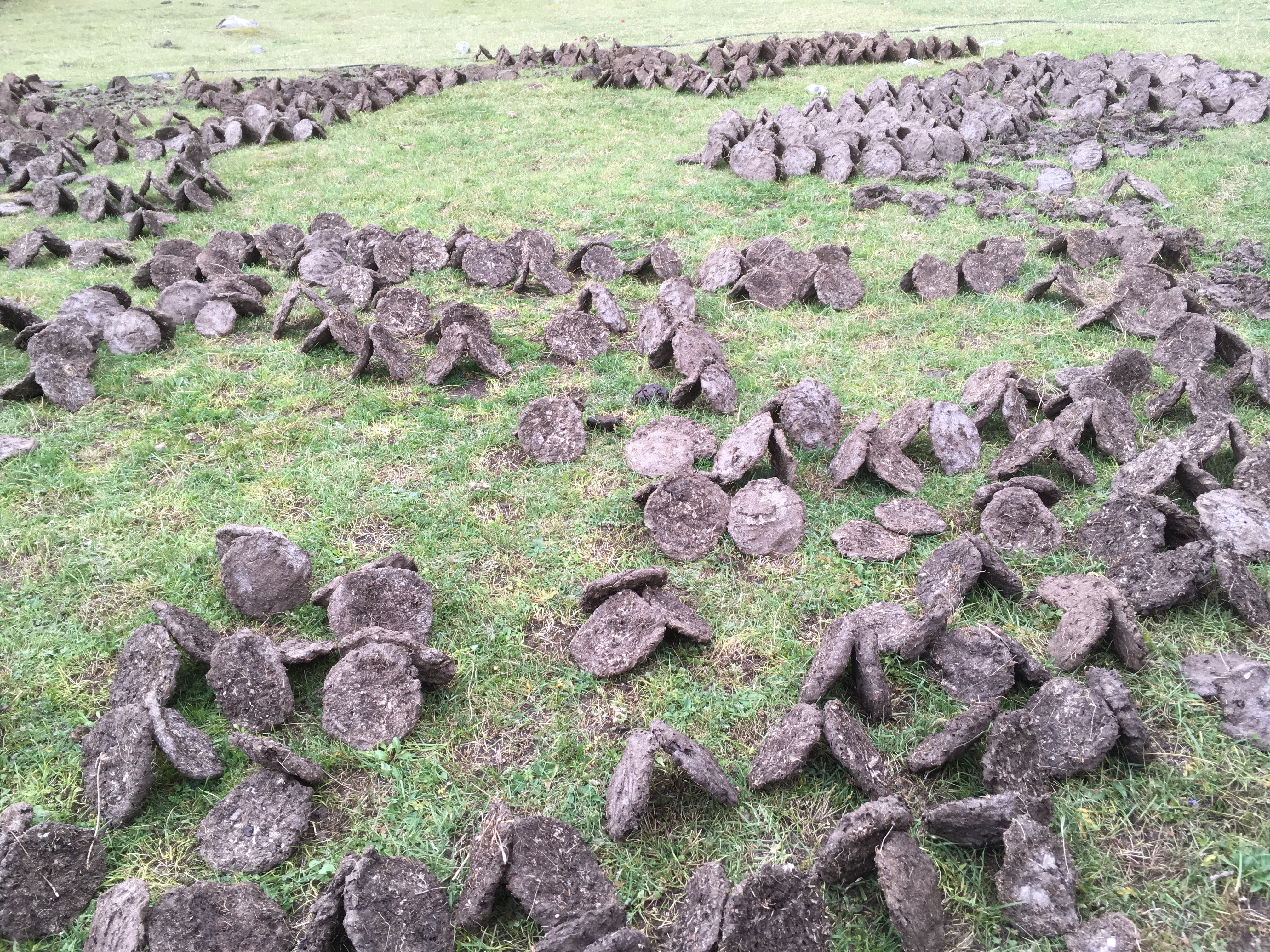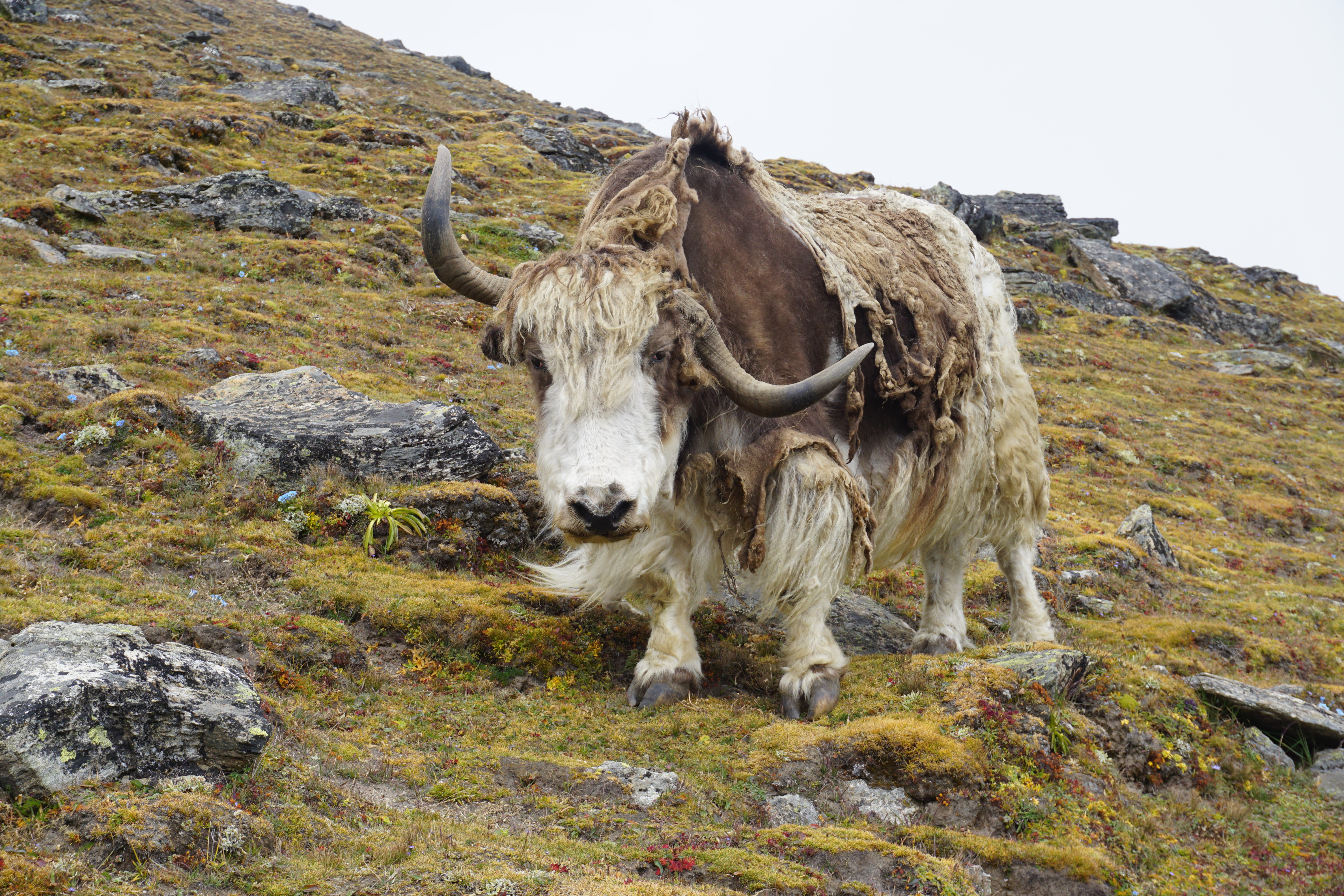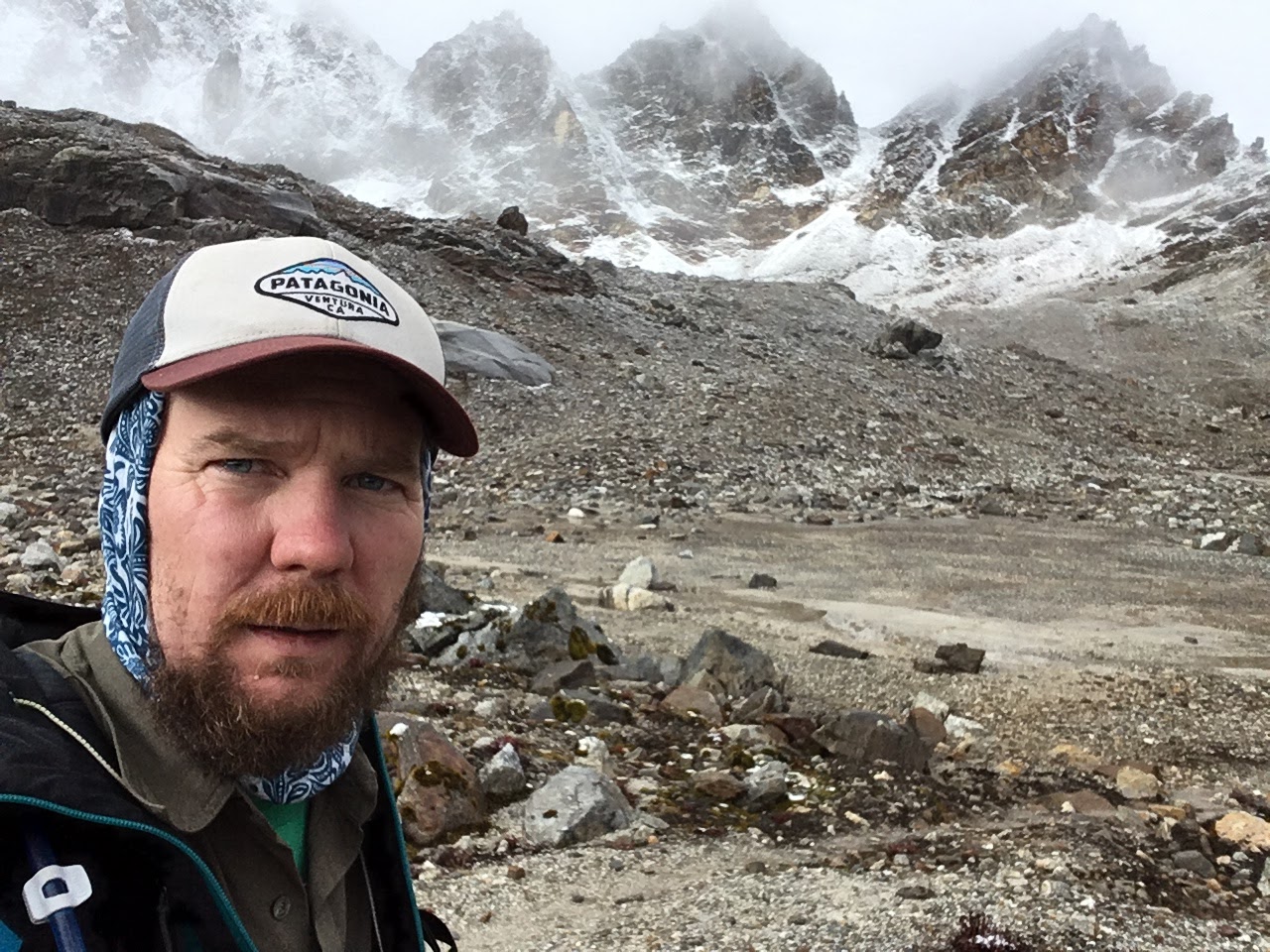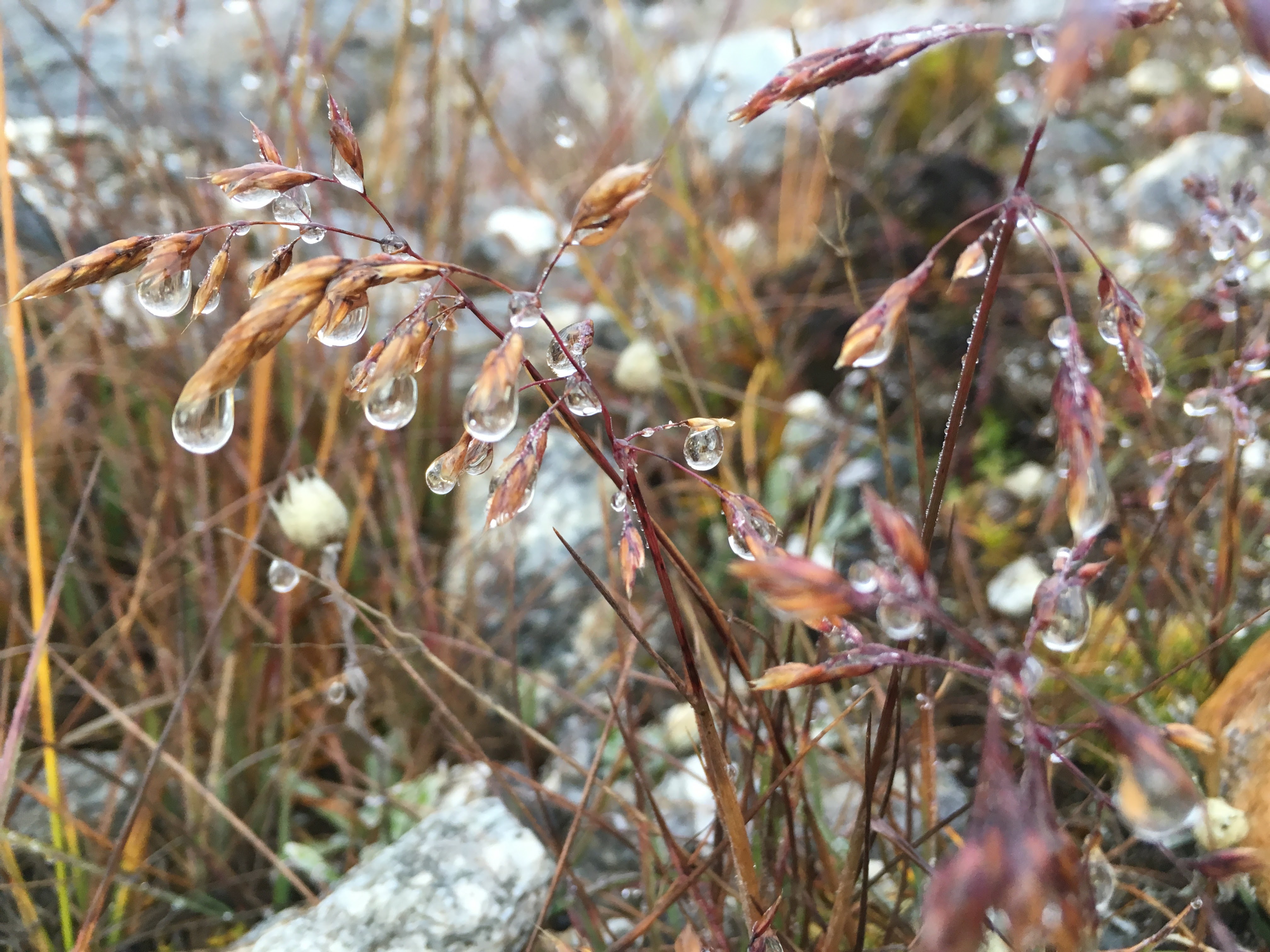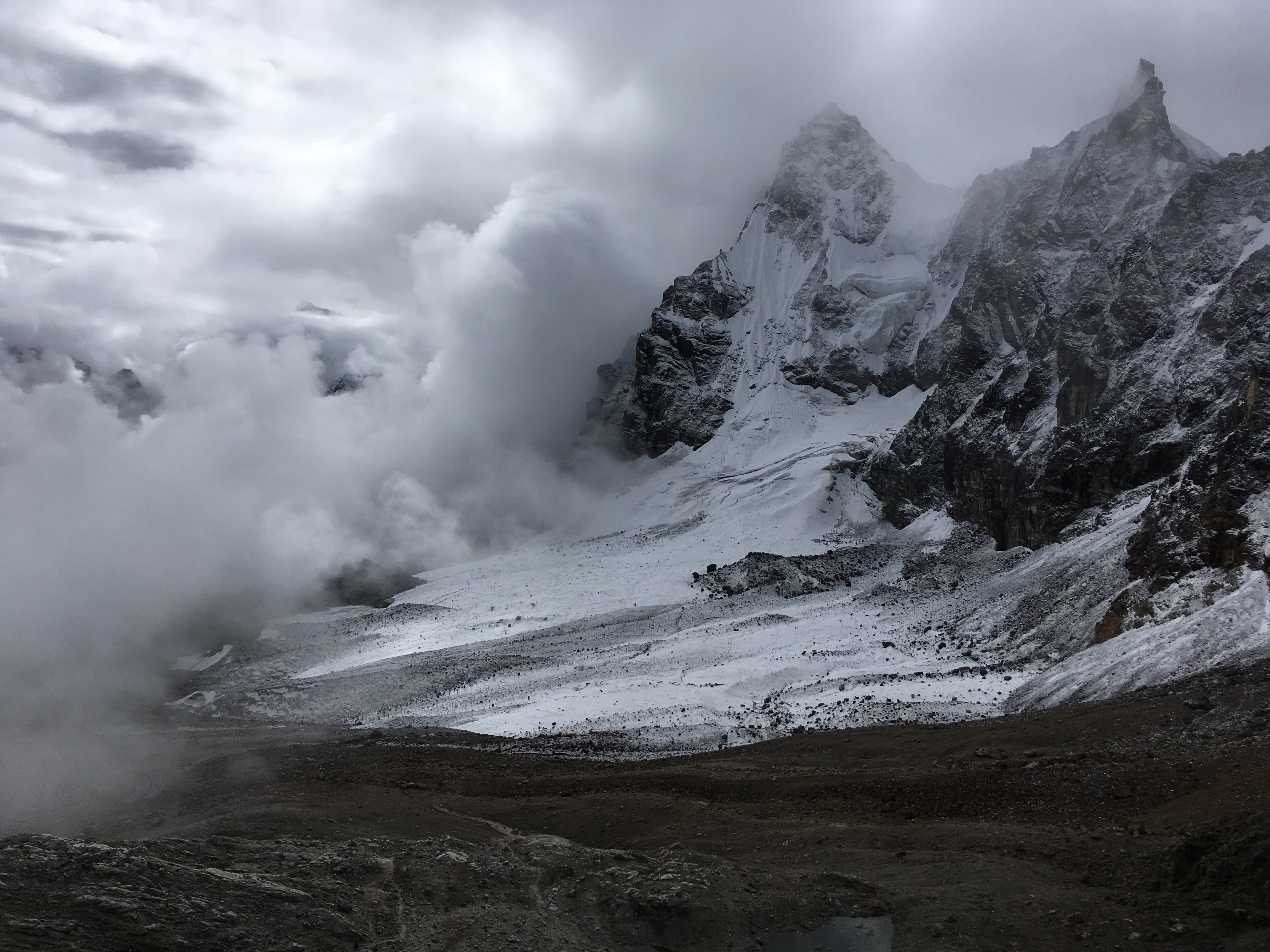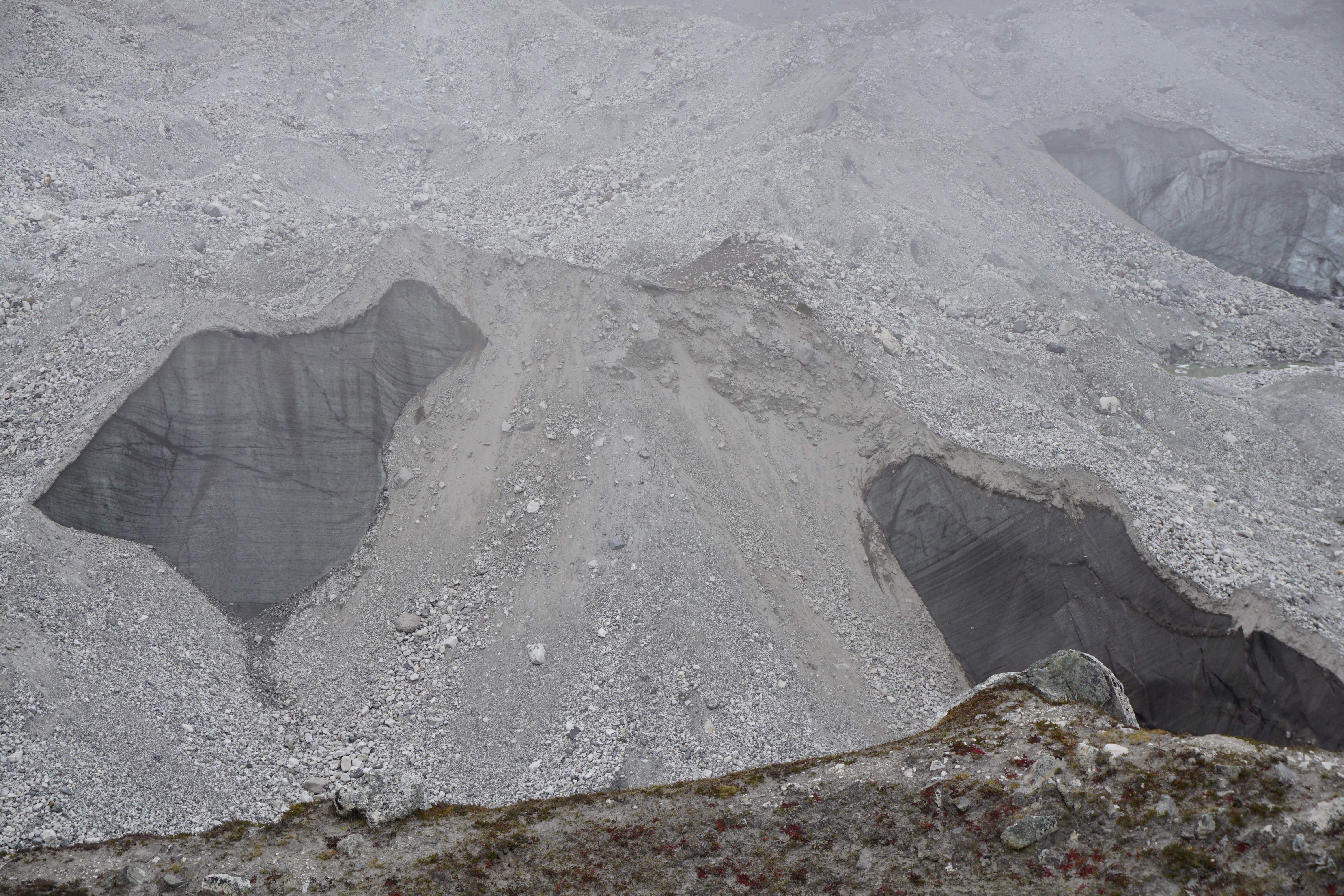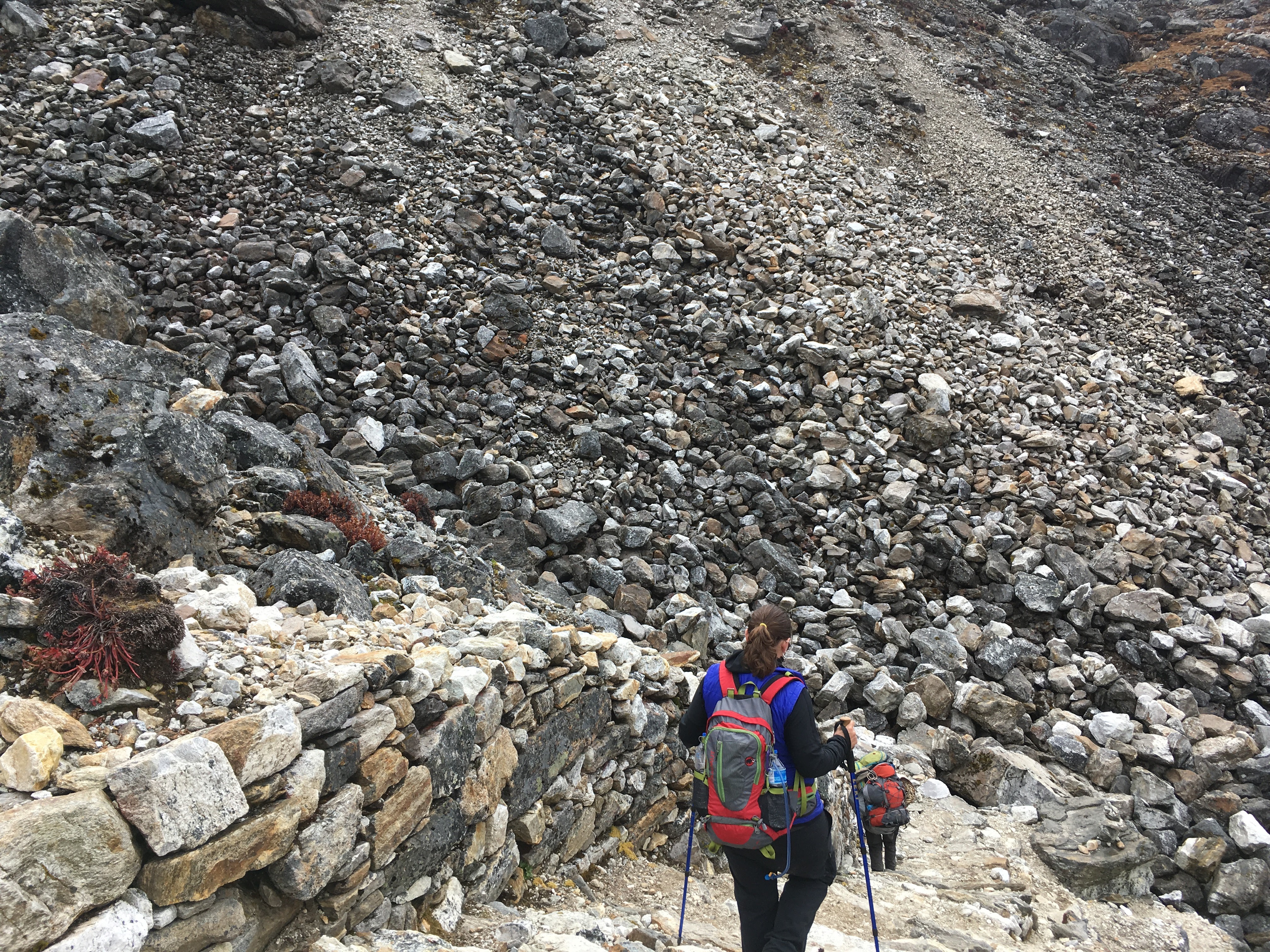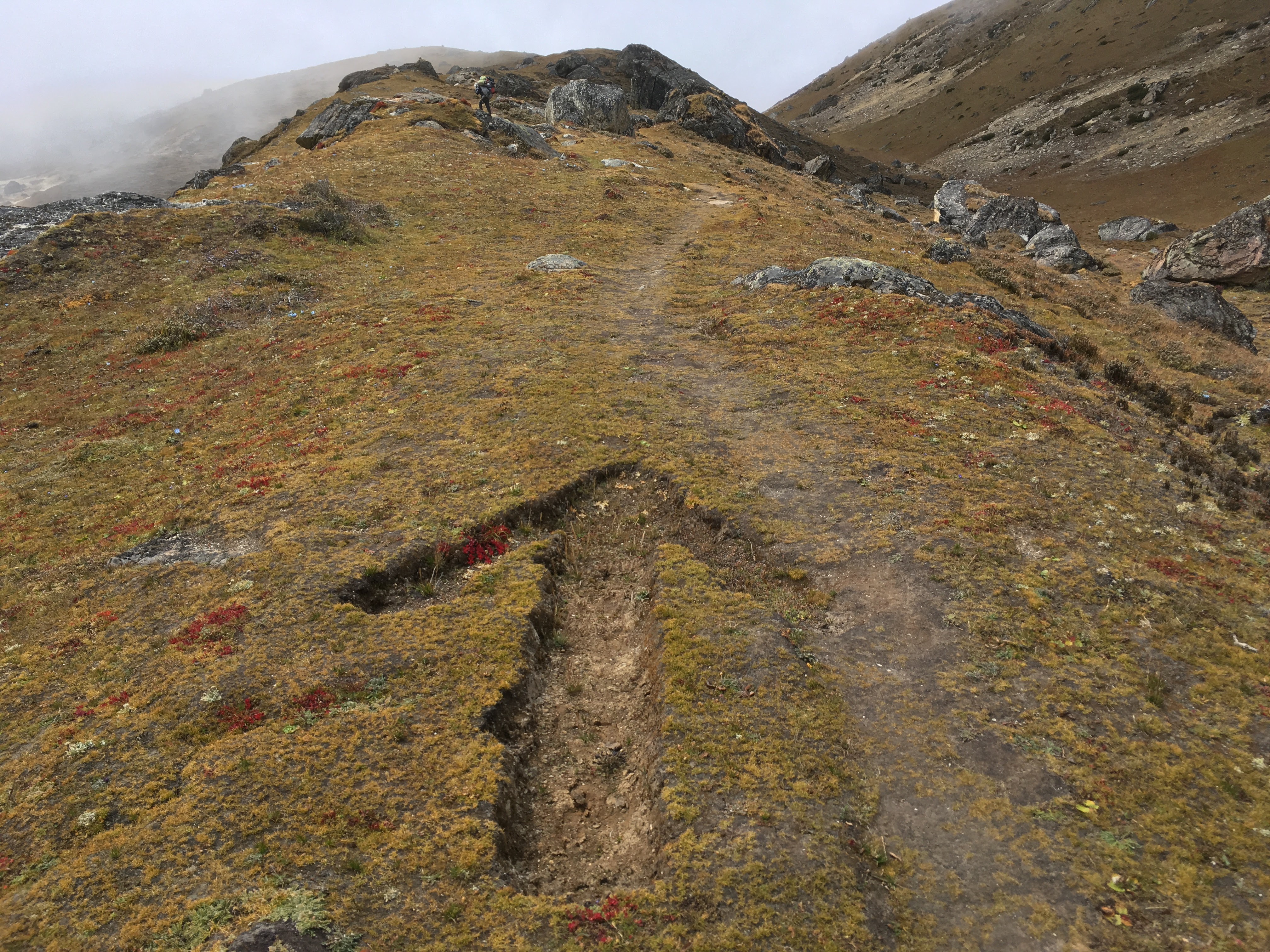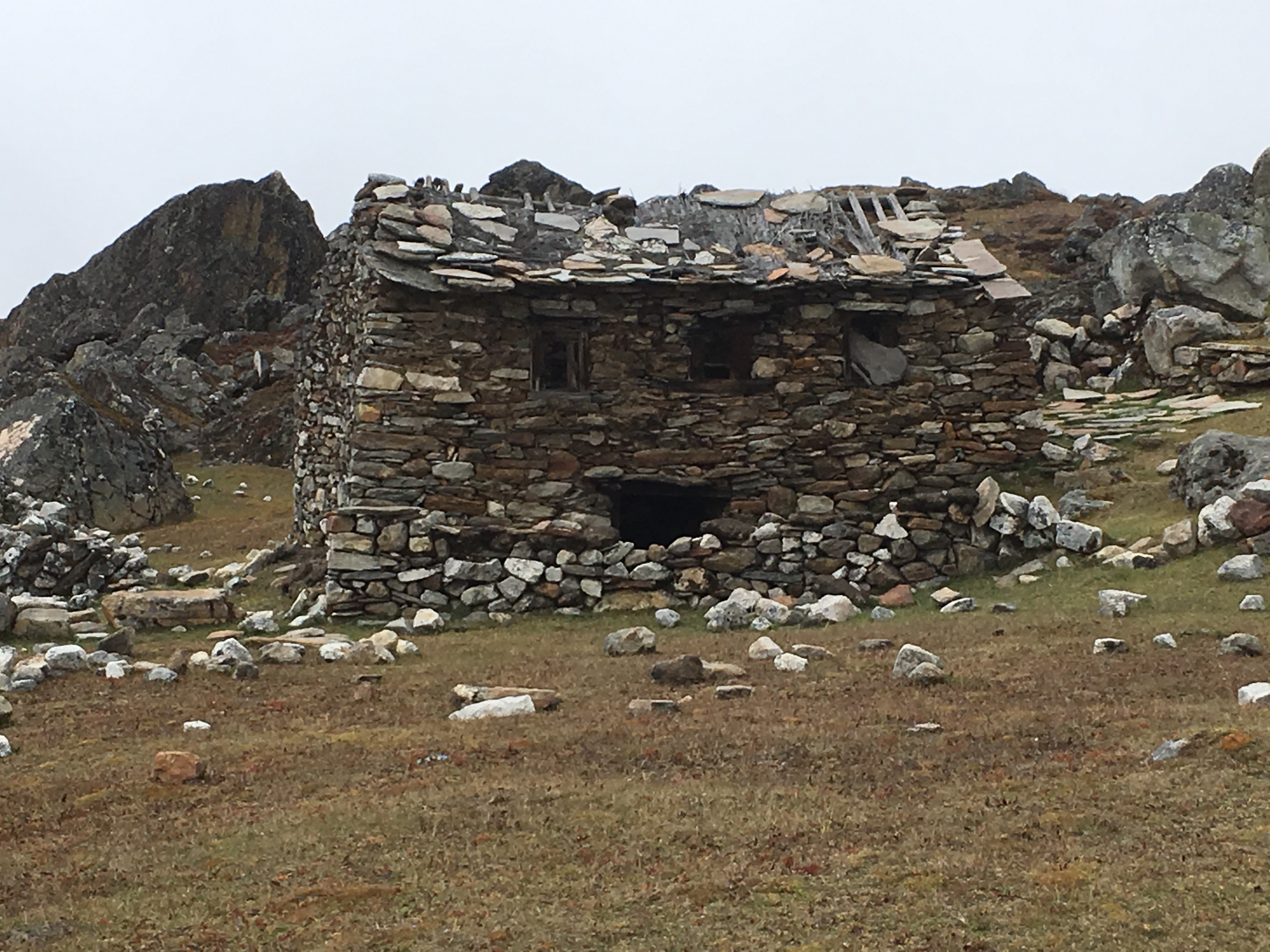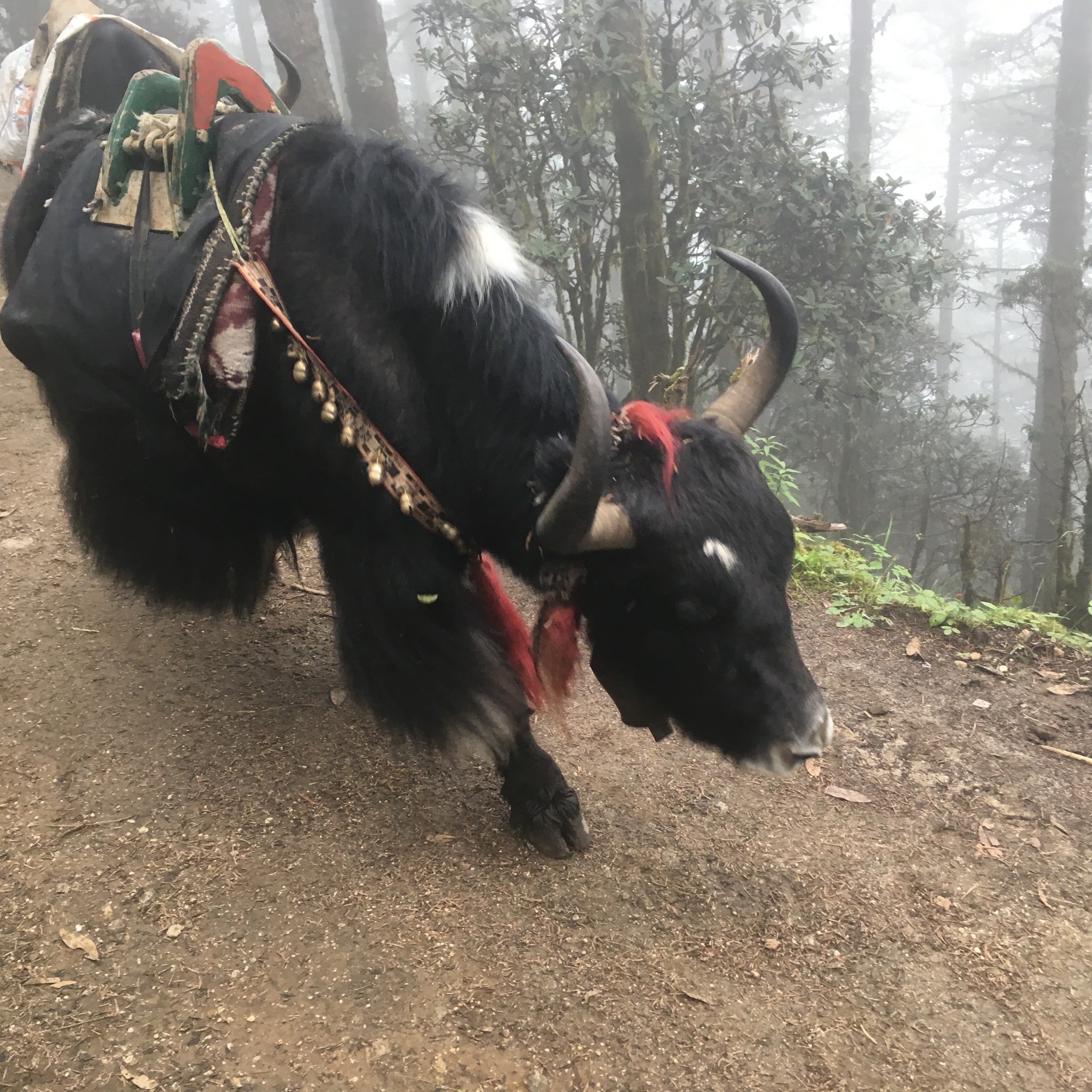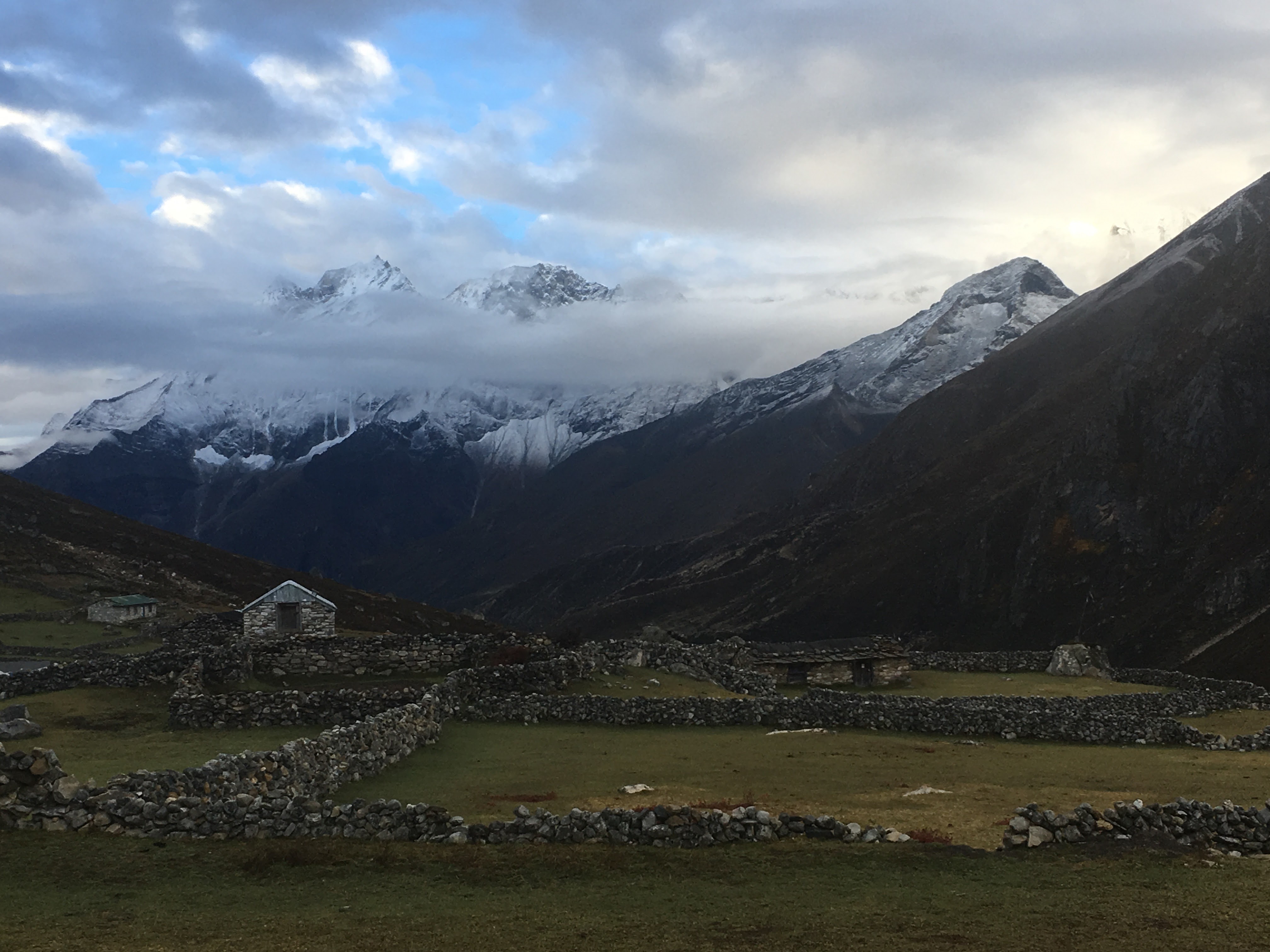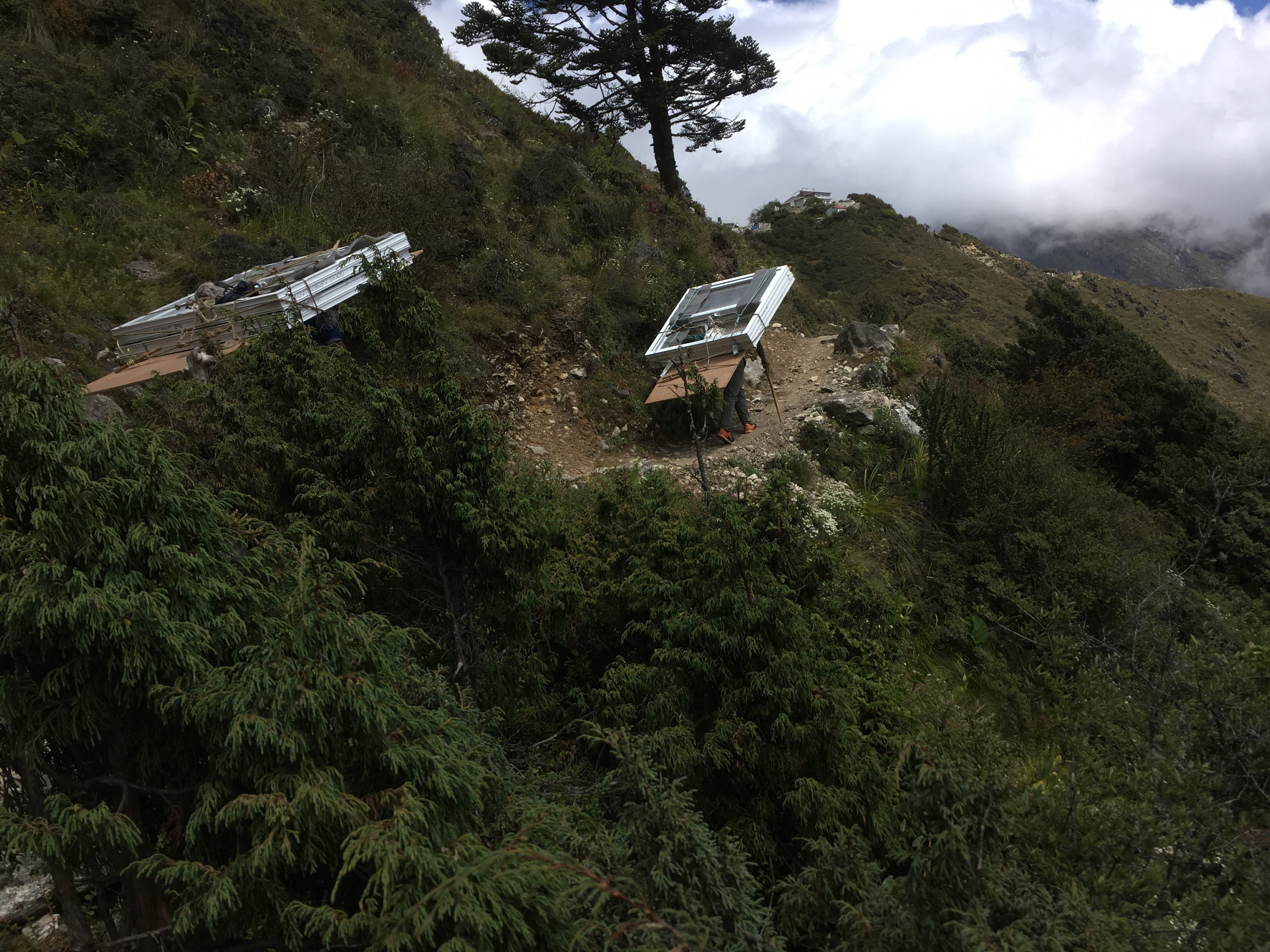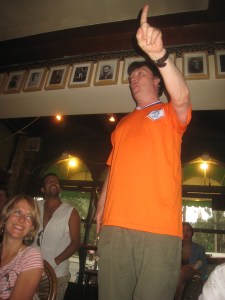Now that the dust has settled and I’ve landed safely, I feel ready to talk about what happened. This story begins with a shady personality from South Africa, an email from Poland, and a wedding in Italy. It ends with a flurry of lawyers, investigators, and prosecutors, and one man’s frenzied escape on a jet plane from Chopin International Airport. Also, the Chinese mafia fits into the story somewhere. So, you know…. normal Sam Shit.
It was January 2018 and I was desperate. The Bangkok job fair had come and gone. Despite months of preparation for the fair, and dropping about a month’s salary on travel, accommodation, stationery, and a blinging bespoke suit, I returned to my host city of Kathmandu empty-handed. For all my efforts that weekend, I’d sat just four interviews, and secured zero contracts. It was a devastating experience; I’d fared worse at Bangkok 2018 than Bangkok 2008, despite a far more striking résumé. Totally humiliating. I felt myself slipping into a dark place.
It didn’t help when, back in Kathmandu, I started commiserating with colleagues, part of my “Class of 2015” who like me were approaching their end-of-contract. They too were finding it difficult to secure positions, and it was too late to renew our contracts in Nepal.
When that email hit my inbox in February, I was ecstatic. Riaan Diedericks was recruiting teachers to help him start a new school in Warsaw, Poland. According to his LinkedIn, Diedericks had directed schools from his native Cape Town all the way to Taipei, Beijing, and Ulaanbaatar. In the interview, he described a scrappy grassroots initiative: a group of expat parents, dissatisfied with their options in Warsaw, wanted a new school for their children that would deliver American curriculum within the International Baccalaureate framework. The International School of Warsaw would provide instruction in English and French, and feature Polish language lessons as well.
He spoke of a one-to-one tech environment, with laptops for every student and teacher. Already in place was a robust high-capacity, fiber-optic wifi network. My department would be fully funded for everything we needed — cloud-based content filters, learning-management systems, and so on. For my position as the tech coordinator, I’d have access to a crack team of IT professionals who’d handle the support side, so I could focus on infrastructure setup and classroom integration, rather than restarting modems and unjamming printers all day. In addition to a fair salary, I’d receive a “coordinator bonus,” a substantial housing allowance, annual flights home, and free daily transportation and lunch. The initiative was funded by Huawei and various other investors. Diedericks explained that Huawei had great interest in the school, since their European operations are based in Warsaw, and many of their Chinese employees came to Poland with families.
After weeks and weeks of doors closing, it seemed like a door was finally opening. How could I say no?
Red flags flew just weeks after I signed. Riaan was extraordinarily slow to reply to emails, especially those pertaining to the logistics of the job ahead. Sometimes he didn’t respond at all. All teachers were supposed to receive curriculum training over the summer, but that didn’t happen. I needed to know the makes and models of the hardware to be used by teachers and students, but the few details he gave were consistently vague. Instead, he would send me random directives, like interviewing a couple of Polish grad students about a “homework robot” they built, or writing an “About Me” blurb for the school website (not unusual, but everytime I submitted one, he’d ask for another, explaining he’d somehow lost our emails).
Riaan had hired a deputy head, Andrew. We learned the two men met while working at a startup school in Warsaw the previous year, which “had not been successful” for reasons Riaan did not specify. The first time I spoke with Andrew, he came across as a scrappy young college grad, eagerly raving about holism and social justice. I would learn that he was indeed a recent college grad, having studied writing at Morovian University, a small private liberal arts college. His main accomplishment up to this point? He had published exactly the kind of prose I remember barfing out at age 24, because all us middle-class white kids go through a tortured Bukowski-Kerouac phase at some point. With no tangible pedagogical experience (or workplace experience in general) Andrew was to be my line supervisor.
Later that spring, I was contacted by Janetta, a teacher who would start with me in August. She was finishing a contract in Bahrain. Given its proximity to Nepal, she suggested a visit, as she had a long weekend and nowhere to spend it. She flew over, and we compared notes. Her experiences had been much the same as mine. She too was hired as a coordinator, and also found it frustrating to hear nothing back from Riaan. How was she to build a department if she couldn’t first lay the groundwork?
At this point, one might wonder why I didn’t cordially tell Riaan to piss right off. Certainly, I could have justified such a decision. If you keep knocking and no one answers, you have to assume no one’s home, right? But then I would see my “Class of 2015” folks, still in a dead panic. I should feel lucky, not doomed! Two months had passed since I signed with Poland, yet most of my colleagues were still unsure of where they’d be for 2018-19. Plus, so many cogs were in motion at that point. My employer in Nepal had arranged for the shipping of my belongings to Poland, my flights to Europe were booked, my dog’s passport was nearly complete, and — if I’m being totally honest here — I hate feeling like I’ve done it wrong.
Moreover, Riaan seemed to me at that point to be merely incompetent. Incompetence I can handle. We’ve all had bosses who are in over their heads. Maybe it would be an opportunity for me. I know plenty about streamlining operations at a school. I could be a hero. Think positive.
My heart sank pretty quick upon landing in Warsaw that summer. Riaan met me at the airport but seemed unprepared. As I trolleyed up with my dog and crate, he blinked with surprise.
“I’m not sure we’ll have room for all this in my car.”
On several occasions, I’d made it clear I was coming with a dog. Riaan had acknowledged this several times too, claiming he’d arrange for a large pickup vehicle and a pet-friendly hotel. Obviously, neither of these had happened. We managed to fit everything into his car, but then we essentially had to sneak my dog into the hotel.
The next day, I went apartment shopping. Two viewings later, I found a perfect place. A chef’s kitchen with granite countertops, stainless steel appliances, and retractable pantry shelves. A furnished living room with a 50-inch smart TV and glass balcony with a tenth-floor view of the city. A slate-paneled bathroom with his-and-hers sinks, rain shower, and washer-dryer combo unit. Ample storage all throughout, and of course, dog friendly. The tower was surrounded by parks, with shopping and cafes on the ground floor, including an American-themed bar and grill directly adjacent to the building exit. Clearly, this place had been waiting for me.
The landlord was on site, ready to sign, and the realtor was there on behalf of the school. The school would assume responsibility for the lease agreement. All we needed was the deposit: two months up front. However, when the realtor called Riaan, he once again seemed shocked. How had I found a place so quickly? We can’t get that kind of money together right now!
But I sure as hell wasn’t about to spend another night with a dog in a hotel room (the hotel room had that “someone was murdered here” vibe to it) so I reluctantly pulled cash out of the bank to close the deal. Riaan promised the money would be fully reimbursed by the week’s end. This sort of promise would become a recurring theme in my life.
You need not have worked at a school to understand the importance of Day One. I speak of the first day when a new staff assembles for the first time. The first thing one should see on that day, upon walking through the door, is a capable director shaking hands and exchanging pleasantries before leading everyone down the corridors, perhaps for a brief school tour before he commences with The Talk, where he preaches about the greatness of this school and what joys await us in the weeks and months ahead. There would be an agenda for the coming orientation, one that anticipates questions like “How do I get a metro card?” and “Who do I see if I get sick?”
We had nothing like that. We entered the building, confused. There was a summer camp going on (“How are we supposed to set up our classrooms if they’re full of children?”) inside a building that was clearly still under construction (“Didn’t he say the work finished in June?”) and no director or deputy director in sight. Melanie, the head of elementary who’d been on the ground a little longer than the rest of us, corralled everyone into one of the few vacant rooms and anticipated we’d need to wait only a few minutes for Riaan to join us. Reportedly, he was meeting with a parent. (“Why would he take a parent meeting, during what’s arguably the most important meeting of his career?”)
Time passed. People checked email. Or tried to. There was no internet.
More time passed.
Still more time passed.
Finally Melanie took charge. “Okay folks, let’s start moving through the agenda.”
There was an agenda, but like so many of Riaan’s emails, it was vague and bereft of content. She had just started on the first line item when our Glorious Leader stuck his head into the classroom. “Melanie, I’m going to be a few more minutes. And also I have to leave. It’s very important. Please show the teachers the building.”
So she did. The campus was tiny, and since all the rooms were full of little people, there wasn’t much available to show. Out back was a dirt lot where the playground had supposedly been “nearly finished” a month previous. Due to the school’s location in the middle of farmland, flies flew everywhere and the air hung heavy with manure.
Honestly, there was so much to do, and so little in place, we collectively had no clue where or how to begin our work. Since the first week was just leadership folks, we revised the staff handbook which someone had poached from another school and sifted through catalogues for stationery and classroom resources (“Didn’t we request all this stuff months ago? Why are we ordering it again?”).
Riaan’s first directive for me was to work with our “operations manager,” Angelo, another college kid. He had attended Morovian with Andrew, and had about the same level of real-world experience. Credit where it’s due, Angelo is probably one of the hardest-working bastards I’ve ever met. He was handed Fedena, a total shitshow of a school management system (built in India for Indian schools), and told to set up all our vital databases of parents, students, faculty, salaries, and on and on. He would teach me the interface and we’d work together to streamline school operations a bit.
Though I had explicitly been told that data management would not be part of my job, I took it all in stride. No harm in building a new skill set. Though the more I worked with Fedena and our email service, Zoho (also proudly built and supported in India), the more I thought, “Who the hell chose these platforms? They’re total shit!”
That man was Thierry. He and I had a brief exchange of emails the previous spring. Riaan had pawned me off on him, explaining that Thierry would be the best person to answer my questions about institutional technology, since he was the “technology and innovations coordinator.” The what now? That sort of sounds like my job. How is his job different from mine? Do we work together? Do I answer to him, or does he answer to me? Speaking of which, why haven’t I yet seen a managerial diagram?
None of those questions were answered. To this day, I’m still not sure what Thierry’s job was. All I know is he also failed to answer any of my early questions, and told me that my concerns about our software platforms were without foundation, and that such matters were not part of my job, and that I should really just relax.
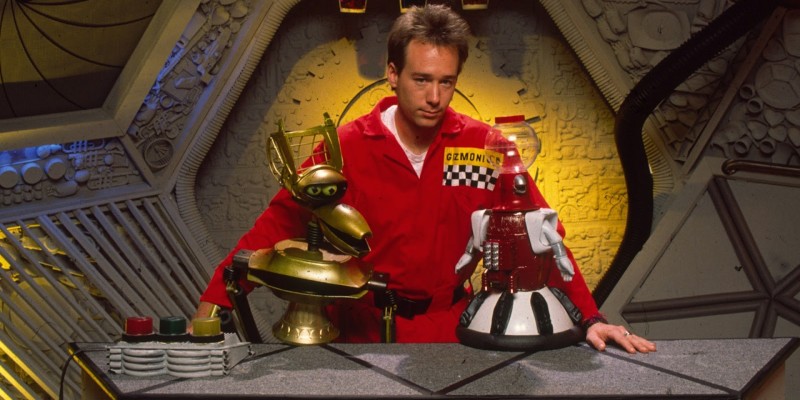
If you’re wondering how he eats and breathes/ And other science facts/ Just repeat to yourself “It’s just a show/ I should really just relax.”
I think Thierry was on the board, but Riaan never published any documentation that named the board members, so I cannot be sure. I do remember meeting about six or seven folks at a end-of-week school barbecue, including Thierry. The barbecue, we were told by Riaan, was a chance for us to meet the board. One guy stood out as particularly gregarious: Warren. He suggested we grab a beer sometime, and said anytime I needed help with anything, anything at all, just call on him. I took note.
My goal for the end of the week was to sort out our wifi network and copier, and establish Google for Education as a schoolwide learning management system. Of course, the network and copier should have already been sorted out (Also: not my job), but it wasn’t, and fact is, you need these things at a school. Google for Ed, I had offered to set up over the summer, before I was even contracted to officially start work, because I know what a powerful tool it can be, and I also know it takes weeks to set up. Unfortunately, my repeated requests for the information Google requires of its client schools went unanswered.
Those goals were never realized, not just for that week, but for the entirety of my time at ISW. That crack team of IT professionals? Every time I asked Riaan for their contact details, he would respond with a diversionary tactics.
“What is it you need, Sam?”
“What the school needs, Riaan, is an operational wifi network.”
“We have a wifi network, Sam.”
“We have a single router in the office. It’s designed for residential use, not commercial. It can’t handle throughput for more than five or six devices, and its range doesn’t extend more than ten feet and also our walls are poured concrete.”
“Sam, just relax. It will all be fixed soon.”
“Yes, and it is my job to make sure of that. Please Riaan, please provide me with the contact details of our team. I will be working with them frequently in the role you hired me for. Let’s have that contact. Let me take this off your plate. You’re so busy already.”
“But why Sam? Why do you need their contact? Just tell me. I’ll make it happen.”
“I just did tell you…”
I’ve since learned this is an example of “gaslighting.” For those unfamiliar with the concept, it’s a sociopathic behavior in which the gaslighter tries to convince the victim that he or she is responding irrationally to a very real problem. This is achieved through use of circular logic, or simply by repeating a falsehood over and over, until the victim is too exhausted to continue the fight. Textbook narcissists frequently gaslight.
It took me too long to accept that there had never been a support team. That whole thing had been pure imagination. As for the Google for Ed setup, this was a real gas.
Google for Ed is free for public and nonprofit private schools. All Google needed was a copy of our school charter, translated into English. However, there were two glaring problems.
- The name of the school on the charter was not the same as the name on the front of our building. Even now, I’m still not sure why that was, but I have a few ideas, none of them terribly positive.
- Despite what I was told in the interview, ISW is a private for-profit school, and therefore ineligible for Google’s education program.
This meant that we were stuck with Fedena and Zoho, two broken-ass platforms. This also meant that I had spent weeks working to adopt a platform that we were never eligible for, thanks to misinformation from Riaan.
Deep breath. What’s next on the list?
About 50% of my role was meant to be instructional. I would teach computer science to all students, Pre-K to Grade 8. Only problem was, we had no computers. This was quite a surprise, since Riaan had explicitly stated many times we already had computers at the school… or no… wait.
“Did I say that? No, what I said was we will soon have computers. Yes, tablets for the little ones and laptops for the older ones.”
“And the teachers too, right?”
“Teachers? Why? Don’t you have computers?”
“Yes, we have our personal laptops. And that creates a potential GDPR compliance clusterfuck if we have any kind of data breach [I’d learn later we already had] or police investigation [writers call this “foreshadowing”]. Most importantly, it potentially compromises the personal data of children. Do you want ISW in the newspapers?” [More foreshadowing]
“Yes, sure. Teachers all get computers too. In fact, I’ve already ordered them.”
“Good. Could you send me the invoices? I’d like to track that shipment. All the teachers are asking me when to expect their hardware.”
“Sam, please, don’t worry about it. You worry too much. Relax.”
How to teach technology without technology? I could do like that guy in Ghana…
..but first, what about computers do I teach, exactly? Riaan said we were approved to start our accreditation process for the International Baccalaureate program, and we’d use the Aero standards (which are American) but then he ordered a bunch of materials from Cambridge (which is British). Those three curricular frameworks spell out a diverse litany of learning objectives. Do I teach application skills? Programming? Computational reasoning? What about these three-year-olds? Should they even be interacting with devices at that age?
Turned out all the other teachers were equally out to sea, yet on the same boat. Are we teaching American or British language rules? How do we handle exams? When will my classroom supplies arrive? Our questions would remain unanswered.
It should should be said, we lucked out with some wonderful, resilient students and parents. They were on our side the entire time, but also felt confused about what exactly our school was about, and why so many things seemed broken.
The brokenness of the school might have been explained, at least in some part, by Riaan’s alcoholism. At the risk of sounding judgy, this man drank way more than a school director ought to. Most of my past school bosses, if you saw them after hours at all, they might enjoy a pint or two in a show of camaraderie, then quietly exit, so as to leave the rest of the evening to their teachers. Riaan was not that kind of boss.
One Wednesday night stood out. It was our second week in country. A few of us assembled at a local British pub after work for burgers and beer. We had extended a polite invitation to Riaan, but when he didn’t show up by burger time, we assumed he valued his private time and prefered to keep his work life separate. That was respectable.
We had just finished burgers and sought to settle the check when Riaan suddenly arrived, already a bit flushed and winded. He expressed dismay that we were about to leave and insisted we have another beer because he’d just arrived and it’d be rude to leave so soon. Well… why not? What’s one more beer?
He then dashed outside to the patio, leaving the rest of us indoors. After some time, I went to check on him. He, Angelo, and an attractive 20-year-old counselor from our summer program were all out there, chain smoking and powering through Heinekens. Though I still had half a Guinness, Riaan insisted on buying a round for all of us. Then he declared this British pub sucked and he knew a much better bar down the street and we’d all be coming with him. Just to learn more about the neighborhood. We’d all be going home soon. Just one. more. drink.
Within seconds of entering the new bar, Riaan somehow produced a tray full of shots. I took one, out of politeness, and summoned my Uber. I woke up with the kind of wicked headache that always comes with Jagermeister and other syrupy frat boy rape shots, but dammit I made it to work on time. Riaan, our director of school, arrived two hours late that morning.
Day Drinking Day opened my eyes even wider. Riaan invited me to his home on Saturday to watch sports and drink beer with some of the “lads” (Andrew, Angelo, and David Stardust, who I won’t describe in further detail right now because he deserves his own blog entry). I’m not a sports fan, but I can be a good sport. Also, South Africans worship rugby, so it would a nasty slight to refuse the invitation. Besides, who doesn’t like a cold beer and grilled brats on a warm Saturday afternoon?
Here’s the thing. When someone says, “Come over tomorrow morning for sports and beer and sausage,” I hear, “Do some reasonable Saturday morning things, such as sleeping in and showering and eating avocado toast before you head over for a late lunch.” Quite a shock to receive a text shortly after 9am: WR R U?
Turns out, the lads had been “on the piss” all night, and picked right back up around 8am with whisky and vodka.
Now, I’m no angel. I’ve pulled my share of late nights, and I know my way around a bubbly brunch. But by the time I arrived, roughly noon, those lads were so revoltingly drunk I regretted almost immediately my decision to join the party. But then I realized, this was a golden opportunity to get a better read on Riaan. Drunkenness shows a person’s true colors pretty quick. Here are some highlights:
- On race. “You see Sam, the Chinese parents, they are so intolerant of the blacks. They would never want their child to be taught by a black. That’s why I would never hire a black.”
- The card tricks. I’ll hand it to Riaan. He knows some tricks. They were impressive. What I found disturbing though was the particular relish in his delivery. Where most amateur magicians run their routine for a laugh, Riaan possessed an almost sinister pride in his ability to deceive.
- Poker. Riaan kept goading his guests to join him for a friendly hand of (drinking) poker. I lost interest after learning his one and only tactic was to bluff, bluff, bluff.
- The entertainment. Unsurprisingly, Riaan is the sort of sports fan who will scream at the television without warning, a trait I find obnoxious. More obnoxious though, was after the game. He wanted to keep the TV party going, so he found a live stream of Jerry Springer. He took a demented interest in the program, professing himself to be a dedicated fan. He commented extensively on the behavior of the guests, especially the people of color.
- His family. Normally when invited to one’s family home for beer and sports and sausage, you expect to see their family. Not so at Riaan’s. Both his wife and daughter sequestered themselves indoors while the lads’ event unraveled on the patio. What was going on? Were they scared of him? Embarrassed? How often did they have to see him at home, this drunk?
- Failure to lead. Riaan received a text from one of our teachers. She was stuck at the airport. She was on her way to do a visa run to London. A visa run is a slightly dodgy way for a foreigner to stay in a host country. A well-managed school doesn’t have to do visa runs, but we were quickly learning, this was not a well-managed school. In this case, our teacher would fly out of the Schengen Area, get her passport stamped in the UK, then return to Warsaw. Except there was an issue with the cost of her bag at the airport. This might’ve been dealt with easily by phone, but Riaan was positively hammered at this point. As a result, she nearly missed her flight.
There were other things that happened, perhaps better left unsaid. One might wonder, what was I doing this whole time? I’m ashamed to say, I didn’t do enough. Those of us raised in a liberal society, one that honors human rights and egalitarianism, we like to think that in situations like this, we rise to lead.

Pictured here: not me
I did argue against his horrific opinions. I told him I did not find humor in jokes about race. I told him I preferred not to speak of coworkers who weren’t present. And I finally got myself the hell out of Dodge, right about the time he passed out in a lawn chair.
Forget work relationships! I could no longer sustain a relationship with this ogre. From now on, I would say “Good morning Riaan” and “Have a nice afternoon Riaan” but we would never again share a beer. He was no longer merely incompetent. He was a racist and a terrible human being.
Meanwhile, in my life outside of work, I needed to return to the United States to finalize my divorce, which had hung over my head for nearly four years. Early on, I had disclosed this to Riaan, asking if I might defer my flight allowance. My previous school had paid for my flight to Europe, and with this in mind, any help with my transatlantic flight would mean a great deal. He agreed, but when it came time to book, things got murky.
“How would you like to do this Riaan? If it works for you, I’ll book the flight myself and –”
“No no! The school’s travel agent will arrange everything. Leave it to me.”
“That’s fine, but I’ll need the itinerary finalized very soon. I still need to figure out hotels and rental cars, and I can’t do that until –”
“Yes yes. Just send me the dates. You’ll have your ticket in the next two days.”
Two days passed.
“By the end of this week.”
At the end of the week: “Monday. Certainly Monday.”
“Riaan, if there’s a problem with the agency –”
“No Sam. You need to be patient. These things take time. Relax.”
Eventually, I receive an email not from a travel agent but from Riaan. Attached was a screen shot, clearly taken from Kayak.com. He wanted to know if the times and dates were right. They were not.
“Right. See, I can book a flight right now and it will be done.”
“Sam… Sam. There are procedures for things like this in Poland. It’s very different here.”
“So… in Poland, a travel agent will normally take over a week to book an itinerary?”
“Yes.”
“And the agent might book different days than the ones the customer requests?”
“Yes. Perhaps she thought it would save us money.”
“How would… okay. And these Polish travel agents, they all use Kayak? Because if so, I know how to use Kayak, and I can do that right now…”
“Sam, you just don’t get it. Listen, I will tell the agent, she will have it fixed by the end of the –”
I couldn’t deal with Riaan anymore. Not only was he incompetent and racist and a deplorable human being, but he was clearly lying, and doing a terrible job of it. Even worse, every day he stalled (for whatever his reasons), my hotels and rental cars got more expensive. This man’s lies were costing me money.
A brief aside about money. In September, teachers received a salary significantly below what was promised in our interviews, and on our contracts. Again, Riaan spun wild tales. He would go on about taxes and proration and when we asked him to provide a pay stub that detailed in writing what he was talking about, he would shift into his now-well-established distract-and-delay routine. It’ll be done today. Tomorrow. End of the week, 100%.
October, what should’ve been the first full month’s salary, also came up short. Additionally, no one had received promised reimbursements for relocation costs or deposits on apartments. Those payouts were now two months in arrears.
As for my flights, I thought back to the barbecue. I remembered Warren. Maybe he could help. He’d offered, after all. Plus, Riaan had explained our (yet unpublished) grievance policy in one of his rare appearances during the orientation week. If we couldn’t solve a problem through the director, we were more than welcome to take it to the board.
Warren was receptive to my problem. He apologized for the difficulty, and promised to get things fixed right away. Within ten minutes, I was summoned to Riaan’s office.
“You’ve decided to go over my head, eh?” Riaan stammered. “Well now I’ve gone over yours.”
I had no idea what the ever-loving fuck he meant by that, but at this point, I’d started my recorder. A less volatile boss might’ve handled this whole affair like a professional, but I correctly anticipated Riaan would react like a child.
He informed me that the board would assemble within the hour to “decide what to do” with me.
Wait… hadn’t I just spoken with a member of the board that morning?
Two hours later, I was sat before Riaan, Melanie (I’d requested her as a witness, as she had been a dependable ally through this whole wild ride), and Andrew. Also in the room were Mateusz and Magdelena. I recognized them both from the barbecue. Riaan introduced them as board members, though I had understood up to this point that Magdelena was actually our accountant (an accountant who’d knowingly been withholding information from employees, but today was not the day to fight that battle).
I suppose Riaan wanted all of this to feel very serious. However, as I’d done nothing wrong, I rather thought it hilarious that a hardline alcoholic, his 24-year old deputy, and a couple of bored Polish white-collars were attempting to dictate my future.
Maybe Riaan wanted to show his board members that was was a capable director because he knew how to bully his staff. However, the alleged board members did not seem to take things very seriously. Mateusz seemed particularly perturbed that Riaan had dragged him from his day job for this nonsense.
Riaan launched into the inquisition. He asked why, since I “knew” he’d purchase my promised plane tickets, did I feel it necessary to contact Warren. An easy question to answer, one that I was more than happy to answer before the board. I described in detail the numerous times Riaan had promised things, from back salaries to reimbursements for housing deposits, and how he — without exception — had failed to meet his own deadlines. Therefore, given the timeliness required for my US itinerary, I could not rely on his word any longer.
That was just my opinion, he conjectured.
He continued. He accused me of being too “needy,” that I wanted everything “right now” and “immediately.” This was according to “a long line of people” who he left unnamed. I reiterated that I was merely holding him to the promises he’d made himself, but if he prefered, I would leave my punctual tendencies at home from now on.
He then dropped the ultimate bombshell. Was I aware that Warren was not even a board member? That he was in fact the head of our parent-teacher association?
I admitted, I was not aware of that. We had waited more than two months for Riaan to publish a breakdown of the school’s managerial organization; such a document might have prevented this grave miscalculation.
Processing what Riaan had just told me though, I felt certain that Warren had introduced himself as a board member. But if he was our PTA head, then this was indeed a profound foul-up on my part. How could I have gotten this so wrong? My smugness gave way to embarrassment.
Riaan left the meeting in a tantrum, huffing and puffing about how if it were up to him, I’d be fired already, and commanded the other parties to “make their decision.” I was asked to leave the meeting. I went outside and pondered my next steps. Where would I work? What would happen to my beloved apartment? What about my dog?
Soon, I was summoned back to the woodshed. Riaan had calmed down, and explained that I would be allowed to stay at ISW after all, on the condition that I never, ever bring matters to Warren again, and keep my mouth shut about everything that happened that day. He set about purchasing my tickets right then and there, though he repeatedly got the flights, times, and dates wrong, despite my having written the details onto a piece of paper, right next to his computer.
That day was a major turning point. Riaan, I realized now, was far worse than an incompetent racist alcoholic and atrocious person. With lines like “don’t tell anyone about this,” he revealed himself as a full-time manipulator, bully, and borderline predator. Who else had received similarly ominous directives?
As I soon learned, many people had. In vain hopes of keeping his ineptitude under wraps, Riaan had threatened other teachers with groundless firings time and time again. School administrators, take note: a surefire way to get people talking is to order them not to talk.
Work had become drudgery. Absent my promised computers, I was about as capable of an ICT teacher as a mechanic without a wrench set. Sure, I found a wealth of “teaching technology without technology” resources, but if my students were to become capable users, researchers, and digital citizens, we needed much more than paper-based coding games. That’s about the time I got sick.
Honestly, my throat had tickled for some time. I had even taken a few days off for it, here and there. Each time, I asked Riaan for guidance on how to obtain care, but was told “We’re handling the health plan thing right now, just be patient. Relax.” Minus a private health plan, the Polish healthcare system was inaccessible to a foreigner. For three years, I lamented the unpredictable quality of care available in Nepal, a developing country. But at least there, I could see a doctor!
That “tickle” turned nasty on the worst possible night. It was Saturday and I was on a date. The Hot Polish Girl and I had been out a couple of times before, and on this night, she’d invited me to her apartment. This should have been an amazing evening. Instead, I found myself coughing like an emphysema patient all night. She was lovely, doing her best to nurse me back to health with various Chinese powders and homemade tinctures.
That whole episode left me furious. Riaan had lured me into a joke of a job, outright lied about my salary and benefits, and now, his idiocy had compromised my romantic life. What a complete and utter dick!
Monday I woke up for work, still sick as hell. I called Riaan directly at 6am to inform him I’d be missing another day. I demanded to know just what I was supposed to do. How many sick days? How many phone calls and emails before he would take staff health seriously?
He sent me the contact for a private doctor, and said to bill the school for reimbursement. I knew I’d never see that money again, but I also knew I required a doctor and some real drugs.
The good doctor, a kind, capable man hailing from the north of France, must have noticed it was more than a bronchial infection that was wrecking my life. He recommended I take some days to rest. Pausing to think for a moment, he suggested I take the whole week. I was happy to oblige.
Though I did genuinely require the rest, I did not waste one minute of that week. With the stresses of my workplace now set aside, I implemented the early stages of my escape plan. Clearly, there was no way that ISW could stay afloat with this maniac at the helm, and I could either nab a lifeboat or waste my time trying to convince the brass band to play my song.

From the time of my first interview with Riaan, there were indications this school’s leadership was problematic. Fear prevented me from abandoning the contract. Even back in February, I had worried that ISW was my last hope to secure a decent job. Thinking back on this now, I realize what a ridiculous fear that was — not only was the school a far cry from a “decent job,” but in all reality, a multitude of jobs would’ve likely presented themselves, had I only waited. I know this now, because as soon as I threw my hat back into the recruitment ring that October, everyone wanted a piece of Sam.
Within days, I established relationships with school leaders across Europe, securing contacts and interviews in St. Petersburg, Kiev, Madrid, Brussels, Milan, and of course a few cities in Poland. With a steaming mug of herbal tea and infused honey always near, I mastered the art of Skyping in a coat, tie, and pyjama bottoms. My dog enjoyed now having me around all day long.
In interview after interview, principals expressed keen interest in hiring me. Unfortunately, we ran into the same problem, over and over: as an American passport holder, I’m damned hard to hire. Immigration laws differ across the EU, but they all place an enormous burden of time, money, and energy on employers who wish to hire non-EU citizens. Though many schools needed to fill vacancies as soon as January, none of them had the resources to get me in that soon. I would need to return to the US, then maybe we could talk about a start in August 2019.
This was all disconcerting, but what distressed me far more was a call I received from Riaan, just hours before my flight home for divorce court.
“Sam, sorry to disturb you on a sick day; I hope you’re feeling better,” he started, unconvincingly. “I need you to do something for me. I need for you to reset the email passwords of our board members.”
“Sorry, you said you want me to — what’s happened exactly? Did they all forget their passwords?” I asked, casually pulling up my admin panel to check login records.
“Y-yeah. That’s right. So I need for you to reset their passwords. Change them all to ‘Login123’ and call me back as soon as you’ve done that. Make their passwords ‘Login123,’ okay?”
Noting that one of the board members had signed in just hours prior, I curtly asked him to send me his request in writing (so I would have a paper trail).
“Ok, here’s the thing, Sam. The board no longer has any connection with the school. So we need to eliminate their accounts.”
“Sure, Riaan. Just email me that request.”
Immediately, I contacted the first name on his list, Magdalena. She was appalled to learn of his request, and demanded that I leave her account right alone. There absolutely had been no dissolution of the board, and she was still Riaan’s superior. I did not argue her point. The board, she added, was aware that Riaan had been operating in a way not altogether honest or professional, and there would be “changes” over the midterm break, so I might expect not to see Riaan when I returned to Poland from America in a week’s time.
This was promising news. Finally, it seemed the board was doing its job. The schools that showed interest in my candidacy were by all indications head and shoulders above ISW, but I would be willing to further tough out the growing pains of ISW if the board could eject that troll Riaan.
One week and a successful divorce later, I landed back in Warsaw. Fall Break had come and gone, and I stepped off the work bus, ready to start fresh. In addition to that confidential assurance from Magdalena to me, the rest of the staff had been festooned with glorious proclamations during our week off: promised resources and technology would be in place, health plans and other benefits would be realized, salaries would finally be righted. My optimism faltered when I entered the building and immediately realized the board had delivered on nothing. Everything was still broken. There wasn’t even copy paper. Worst of all, that greasy cretin Riaan stood in the corridor, looking as confused as ever, attempting to project dominance.
I literally threw up in my mouth.
Though I didn’t have any interactions with that putrid bastard all day, my day was awful, probably my worst day at ISW yet. How did he still have a job? Could the board really be that ineffectual? Or were they somehow complicit? No matter the reason, I decided then and there, I could never again return to ISW.
That week, I submitted my resignation. With some help from my beloved labor attorney, the letter outlined my reasons for leaving, and enumerated the federal laws the school had violated. A great many bowels were presumably unloaded as the document was received by Riaan and the board.
One might think the story stops here, but incredibly, we haven’t yet reached the crescendo. I did promise a Chinese mafia, did I not?
The crescendo
Things turned super weird at Friendsgiving. This event was organized by Janetta, my old pal from Bahrain. Like me, she wanted the best for the school. She worked her face off, trying to create a program for her department, in complete absence of resources. And like me, she spent enough time in the international teaching field to recognize a poop pie by the smell. Janetta resigned a few weeks before me. Even still, Friendsgiving proceeded, albeit at another host house.
My “Sam’s Yams” were fresh out of the oven and I was on my way out the door when my phone exploded with a series of texts from a teacher in our Chinese department. She had stumbled across an article from the Taipei Times. It described, in details precisely matching the demeanor, history, and shittiness of Riaan Diedericks, an attempted caper too surreal to be believed. Back in 2005, an unnamed South African had staged the kidnapping of his own daughter, in an apparent attempt to wrest money from his Taiwanese wife’s wealthy family.
Am I suggesting the unnamed man was Riaan Diedericks? No, because that might be construed as defamation. All I know is a South African who lived in Taiwan at the same time Riaan lived in Taiwan, a South African who like Riaan was married to a Taiwanese woman, a South African who had a kindergartener in 2005, a kindergartener who’d today be the same age as Riaan’s teenage daughter, such a South African did indeed go to jail for attempted extortion. Also, there is this thread.
That thread opens up a whole new world of insanity, a fascinating saga of fraud and deception that began in 2005, when a man known as “Ryan Dietricks” approached investors to start a radio station. The station, operating solely online at the time, had attracted some listeners amongst Taiwan’s expat population. Ryan claimed his listenership was in the hundreds or thousands, though web traffic reports showed no more than a dozen hits at best.
Interestingly, Riaan had mentioned to me a few times in casual conversation that he’d once managed a radio station.
Ryan (probably not Riaan, but then, maybe Riaan) had plans to migrate this internet radio station to the airwaves. A major investor had purchased all sorts of broadcast equipment, based on Ryan’s promise of a forthcoming radio license, after Ryan had provided the investor with documents from the Taiwanese government, relevant to this end.
It would come to pass that those documents were forgeries. Foreign-hire DJ’s, who were reportedly offered work permits, went unpaid. Ryan, it seemed, owed many people a great deal of money, reportedly in the neighborhood of $50,000 US (plus some months’ rent to a landlord, and $350 to at least one popular expat bar). Also, according to one poster on the thread, Ryan looks like this. Which is exactly what Riaan Diedericks looks like.
One could conclude that Ryan (probably not Riaan, but then, maybe Riaan) committed the kidnapping and extortion in order to settle his debts. The act of a desperate man.
Some fascinating studies on the psychology of scarcity may help explain why a man would do something so harebrained. Yet what I cannot understand, is how this man would later double down on his double-dealing.
Following the radio fiasco, and serving only a brief stint in Taiwanese prison for the kidnapping caper, Ryan (probably not Riaan, but then, maybe Riaan) would migrate his operation to other parts of East Asia. He was spotted in Vietnam, China, even Mongolia. He ran a phony electronics mail-order business (the sort of con that Craigslist warns its users about) for some time before worming his way into the world of international education.
Details of his work with schools in Asia are murky, but according to the aforementioned thread, and scattered testimonials from teachers who worked with the man, his pattern of behavior went something like this:
- Join second-rate schools that hire white foreigners because they speak good English, not because they have outstanding credentials.
- Ingratiate oneself with the school community, whilst seeking out opportunities for exploitation.
- Grab money any way possible.
- Deny everything.
- Board a plate and GTFO.
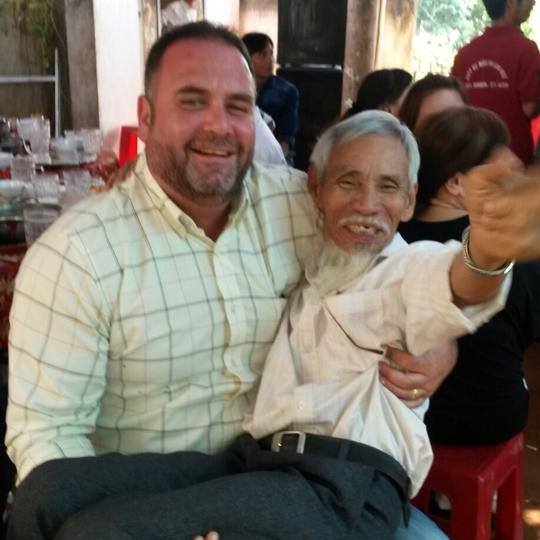
Earning trust in the community.
Poland then, was Riaan’s gold brick magnum opus. You know… allegedly.
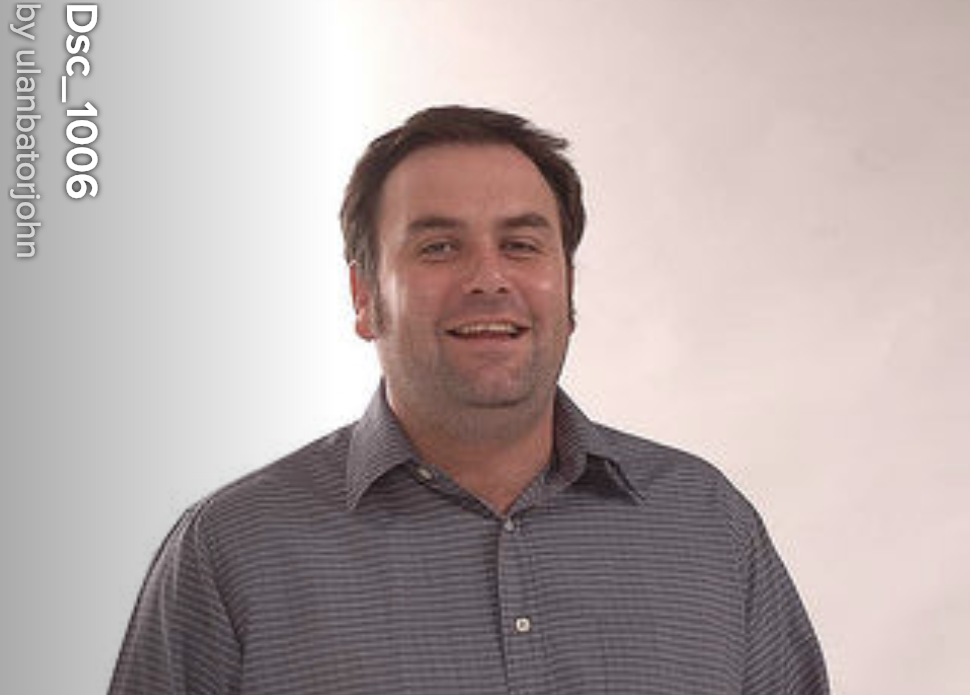
Could this “Ryan” from @ulanbatarjohn’s Flicker page be the same man…

..as this “Riaan,” seen here riding a unicorn and wearing a princess hat?
That school where he met Andrew may have been his first attempt at a massive European swindle. Over the summer preceding our first week of operation, Riaan had self-reported to us a “misunderstanding” that involved some thousands of dollars in missing cash, following his resignation from that school. However, he also showed us documents from the school leadership that acknowledged the money had been recovered. A bit odd, but none of us thought for one moment that our director and future boss would attempt something so petty as the theft of a few thousand dollars. And after all, had he not proactively reported the incident to us? And had the matter not been settled?
This was one of many points of conversation that night at Friendsgiving. We all knew he was a heinous director and a pretty miserable human being. But an international grifter? It all seemed too surreal. Yet the more we put the pieces together, the more sense it all started to make. It explained why we had no learning resources, no school supplies, no computers, and no trainings. It explained the stalled reimbursements and the shell game Riaan constantly played when we demanded documentation of salary payouts. It explained why, even with a strong start of 120 children, the school always seemed broke. It explained why Riaan flew into a panic every time a board member visited the school.
This was the night reality came crashing down on us. ISW was never going to be a real school. It was never intended to be. We had all been bamboozled: 22 teachers who had relocated with the ambition of starting an amazing school; dozens of families who had enrolled their children based on false promises of a high-caliber education; a handful of investors who had blindly handed money over to a fool, and failed to scrutinize what he did with it.
There were tears. There was anger. Small conversational groups formed, trying to process all this new information.
One teacher, a 30-year veteran of the Kansas school system, a God-fearing Christian woman who had sold her home and moved to Warsaw with the intention of a sweet retirement gig in the EU, stood up and announced, “We need to get this son of a bitch.”
We made plans. Teachers filed formal complaints with various government and police agencies across Poland and the EU. Teachers still employed with the school set a date for a walkout. Through my lawyer, we drew up plans for a class action lawsuit — not to punish the board, but to get our overdue salaries and reimbursements. Around this time, I heard from my old pal Warren. He wanted to go grab that beer. And he wanted very badly to understand just what exactly the fuck was going on.
In my favorite little American-style bar and grill on the ground floor of my building, I met with Warren and another board member. Yes, you read that correctly. Warren was a board member after all. In fact, his role at the school, as he read to me from a signed agreement drafted by Riaan, specified that he was in charge of ensuring the wellbeing of staff. Funny how selective Riaan’s memory could be. The entire premise of my near-firing was based on fiction.
Over a couple of beers, I walked these men down the terrible timeline, right up to my resignation, but not including Riaan’s history in Asia. Early on, I suspected they may be in some way in cahoots with Riaan (in the same way I still suspect certain other board members may have been complicit in the fraud). To see their physical reactions to my story though, I realized they were as shocked as the rest of us.
At that time, we were joined by Kate Watson, de facto coordinator of our ad hoc teachers union. “Listen, you guys have heard the story. Now you need to do your jobs and fix this. You’ve got a week. Then the teachers walk.”
“Oh, and by the way. You should see this too.” She shared the link from the Taipei Times. Their faces turned from ashen to death white.
Details about what occured at the school over the subsequent weeks are nebulous; I had no interest in ever seeing that broke-down school again. I chose rather to focus my time on finding my next job. But here’s what I do know.
- After a huge fight involving Riaan and other board members, Warren and his colleagues eventually got access to the school ledgers and discovered there were no ledgers, and there was zero money left in the coffers. It had mysteriously disappeared.
- Some attempt was made to coerce teachers into signing contracts for lower salaries. It did not go over well.
- We learned that Riaan had promised a number of Chinese families that ISW would help them secure residence visas. For this service (a service that no international school in their right mind would ever offer to its families), he charged something to the tune of $10-thousand per person. No visas were ever processed.
- Some of those families had apparent connections to the Chinese mafia, so thugs started to hang around the school gate, asking where they might find Riaan. Riaan became conspicuously absent around this time.
- Riaan notified all families that the school would be temporarily closed “for security reasons.”
- The rumor mill went full zika virus and parents began yanking their kids out of the school.
- Riaan was so fired.
- My lawyer served papers to the school board.
- Riaan and his family, for reasons all of us still grapple to understand, managed to board a flight out of Chopin International Airport, utterly unobstructed by Polish or international authorities.
- Keyser Fucking Söze.
I remain awestruck at how many teachers remained on board with the school through all this. I do not think they had any further illusions about the fate of ISW, and surely, they could not have expected to be paid. I truly believe those who remained, remained solely for the love of teaching children.
Despite their efforts, it became clear by mid-December, ISW was officially a bust. There were rumors of a buyout, but that turned out to be a fake company that Riaan invented. I heard the investors ultimately struck a deal with another education company to sell the ISW building and grounds. The investors may have recouped some of their losses, but I doubt the teachers will ever see any of it.
As those last few teachers made plans to leave, either to take new international contracts or to go home and lick their wounds (as I have done), one final con was uncovered.
At the start of the year, teachers could choose from a small flat close to the city, or a larger home in the countryside, nearer to school. A countryside home would require a car, since mass transit is not so great outside the city limits. With the school gone tits up, teachers needed now to sell their cars, for which they had paid Riaan around $3 thousand apiece. Supposedly, he’d secured a “very good deal” on these cars, thanks to a parent who worked in the auto sales business. As it turned out, the cars were actually six-month rentals.
Incredible.
Don’t think of this lengthy epistle as a sob story. I don’t seek anyone’s sympathy. This field of work always carries risk, but it nets benefits that outweigh the risk. Every new school could be another Poland, every new director could be another Riaan Diedericks. I know that. Just like the guy earning six figures working an oil rig knows he could go up in flames tomorrow, and the entrepreneur starting her own business knows it could sink her into debt for years, but could also yield a lifetime of opportunity. For me, work in the international field grants me several lifetimes’ worth of global adventures. I learn how people live all over the world, from what they eat, to what they watch on TV. If I’m lucky, I make a little more money than in the US. Added bonus: no one’s trying to shoot at me.
In short, I’ll be okay. Thirteen years in this field taught me to be resilient and adaptable. The two months following my resignation were a sort of “nay-cation,” a purgatory of anxiety and delight. Every day, I spent time tending to my network of school connections, and for every interview, I boarded a plane to a European city. If there’s a word for angst-meets-leisure, I’m sure the Germans invented it.
For now, I’m back in the US. Most of November and December were all about Survival Mode, but I managed to secure a job, a car, and a far less attractive apartment. Anyone who’s survived trauma knows that while the trauma is being inflicted, cortisol runs high, and one cannot make room for emotions. There is no time for feelings, there is time only for survival.
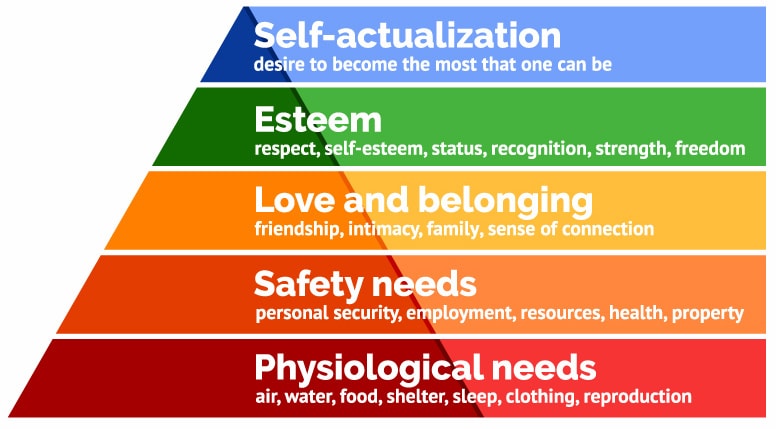
Listen, Emo Sam. We’re a little busy taking care of Physiology and Safety right now, so suck it up.
Only after fulfilling my base needs did the events of the previous two months crash down. WTF had just happened?! I’d been swindled and abused and everything that had meant anything to me in Poland had been wrenched away. My savings were utterly drained. My career path, once so certain, was now back to flapping about like a severed power line.
I’m dealing with the anger and the depression, but it’s not all bad. I don’t want to say too much more about what’s in store. All will be revealed in time, as appropriate. All I can say for now is, it all started with that wedding in Italy.
Postscript
I watched the Fyre Festival Netflix documentary. In case you opt out of Social Media (good for you!), know that the Fyre Festival was a catastrophic fraud. Thousands were lured to an exclusive music festival, which was reportedly to take place on an island once owned by Pablo Escobar. Young wealthy people with money to burn were promised luxury villas, an exclusive lineup of talent, and hot supermodels frolicking on the sand. They arrived to find nothing. No villas, no bands, no supermodels.
Learning about this massive swindle, and how one man conned innumerable people into his scam, made me feel better about this whole Warsaw episode. The producers interviewed people who were affected by Fyre: the investors, the organizers, even the sweet old Bahaman lady who found herself compelled to prepare meals for thousands of stranded Beautiful People.
There were some douchebags that got ripped off for sure, and we all revel in the schadenfreude of watching tech bros get burned for hundreds of thousands of dollars, only to receive soggy mattresses and cold cheese sandwiches in return. But look closer and you’ll also see people who were genuinely well-meaning and intelligent. These were the people I worked with. These were people who saw the promise of something great, and wanted to help make it happen.
How was ISW like Fyre?
- It was about hype. It was about promoting something bigger. No one was sure about what that “something bigger” was. That “something bigger” changed one day to the next. No mission, no vision. A great website, no substance.
- The initiative drew numbers, and numbers are attractive.
- The fearless leader promoted himself as a laissez-faire kind of guy, a guy who liked to hang out, be cool, and day drink.
- As experts arrived, and began to evaluate the situation on the ground, they realized there were logistics not yet considered. Their concerns were dismissed. The experts were told they had the wrong attitude. The experts were told they should leave, if they couldn’t fix their attitude.
- As the inertia picked up, the enterprise promised even more than before. Special pricing. Package deals. Exclusive, tailored services. More and more people were invited to join the party, though it was clear we had neither the space nor the resources.
- More and more experts started to ask questions. This was going to cost a lot of money. Where would this money come from? Even with money, how could we possibly fulfill these promises within the pledged timeline? Even with time, how could we make any of those outrageous claims a reality?
Quotes from the documentary that were almost certainly overheard at ISW:
- “Our favorite topic is: did you get paid, and was if for the right amount?”
- “Yeah I got paid, but it was in a bag of cash.”
- “I would go out after each meeting… and literally burst into tears. Never in my career did I ever do this, but there I would be, thinking, ‘Holy shit.'”
- “The draw was to become part of something special and that desire overcame my inner wisdom which was like: ‘This is a mess.'”
- “The atmosphere that was cultivated was that nobody was allowed to tell them no.”
- “It’s possible that by solving problems, we were just enabling them to continue to create this monster.”
- “Do not lie, again. This is your chance to tell the truth. Don’t say ‘out of our control.’ This was completely in our control.”
- “When do we get our money back?”
- “There was a huge workforce that had worked… without getting paid.”
- “He was just lying to investors to make it seem like we were making a bunch of money when we weren’t.”
- “He really leveraged your existing emotional investment in this team and in this product to extort you to invest even more.”
- “He’s an operational sociopath.”
- “I lost a lot of money. A lot of money. A lot.”
- “A lot of people didn’t get paid… He kept on saying, ‘The money’s coming, the money’s coming.'”
- “I went through about $[x] of my savings, I could’ve had it for a rainy day. And they just wiped it out… It really pains me when I have to talk about it.”
People have asked me, whatever became of old Riaan? Surely, he got what’s coming to him.
Great question. He was the center of multiple investigations and lawsuits, activities that earned the attention of the Polish government, including the national police, the federal prosecutor, the labor board, and the immigration department. Some even say he was also on Interpol’s watch list. Yet it bears repeating that in late December, this man boarded a plane out of Warsaw with his family, free of incident.
Rumor has it, he’s headed back to China. I’m sure he’ll continue to do fine.
It’s like Chris Rock once said: You know, some people never get theirs. Some people just fail up. People are like, “What goes around, comes around.” No, it don’t. Sometimes, it’s just keeps goin’ around.




